Under-the-Radar Superfoods for Optimal Cholesterol Management
When it comes to cholesterol, most advice fixates on what to avoid. But the real secret? It’s also about what you add. Beyond the usual suspects like oats and olive oil lies a whole world of lesser-known superfoods quietly working behind the scenes to support heart health. That’s why we’ve expanded our guide — a fresher, smarter take on eating for wellness without falling into routine. These overlooked ingredients are rich in fiber, plant sterols, and bioactive compounds that help lower LDL, boost HDL, and calm inflammation naturally. Let’s dive in.
1. Understanding Cholesterol: The Basics

Before diving into the world of superfoods, it's essential to understand what cholesterol is and why it matters. Cholesterol is a waxy substance found in your blood, necessary for building healthy cells. However, high levels of cholesterol can increase the risk of heart disease. It's crucial to differentiate between good (HDL) and bad (LDL) cholesterol, as maintaining a balance between them is vital for heart health. While LDL is known for its role in clogging arteries, HDL helps remove cholesterol from the bloodstream.
2. The Role of Diet in Cholesterol Management

Diet plays a pivotal role in managing cholesterol levels. Consuming foods rich in saturated fats and trans fats can elevate LDL cholesterol, while those high in fiber and healthy fats can enhance HDL cholesterol. By understanding the relationship between diet and cholesterol, you can make informed decisions that support your wellbeing. This knowledge sets the stage for exploring the specific superfoods that can aid in cholesterol management, offering a natural and effective approach to maintaining heart health.
3. The Power of Plant Sterols: Nature’s Cholesterol Blockers

Plant sterols are naturally occurring substances found in small amounts in many plant-based foods. They have a structure similar to cholesterol and can help block the absorption of cholesterol in the intestines, effectively lowering LDL cholesterol levels. By incorporating foods rich in such nutrients into your diet, you can harness the power of plant sterols to support your cholesterol management efforts naturally.
4. The Unsung Hero: The Benefits of Fenugreek
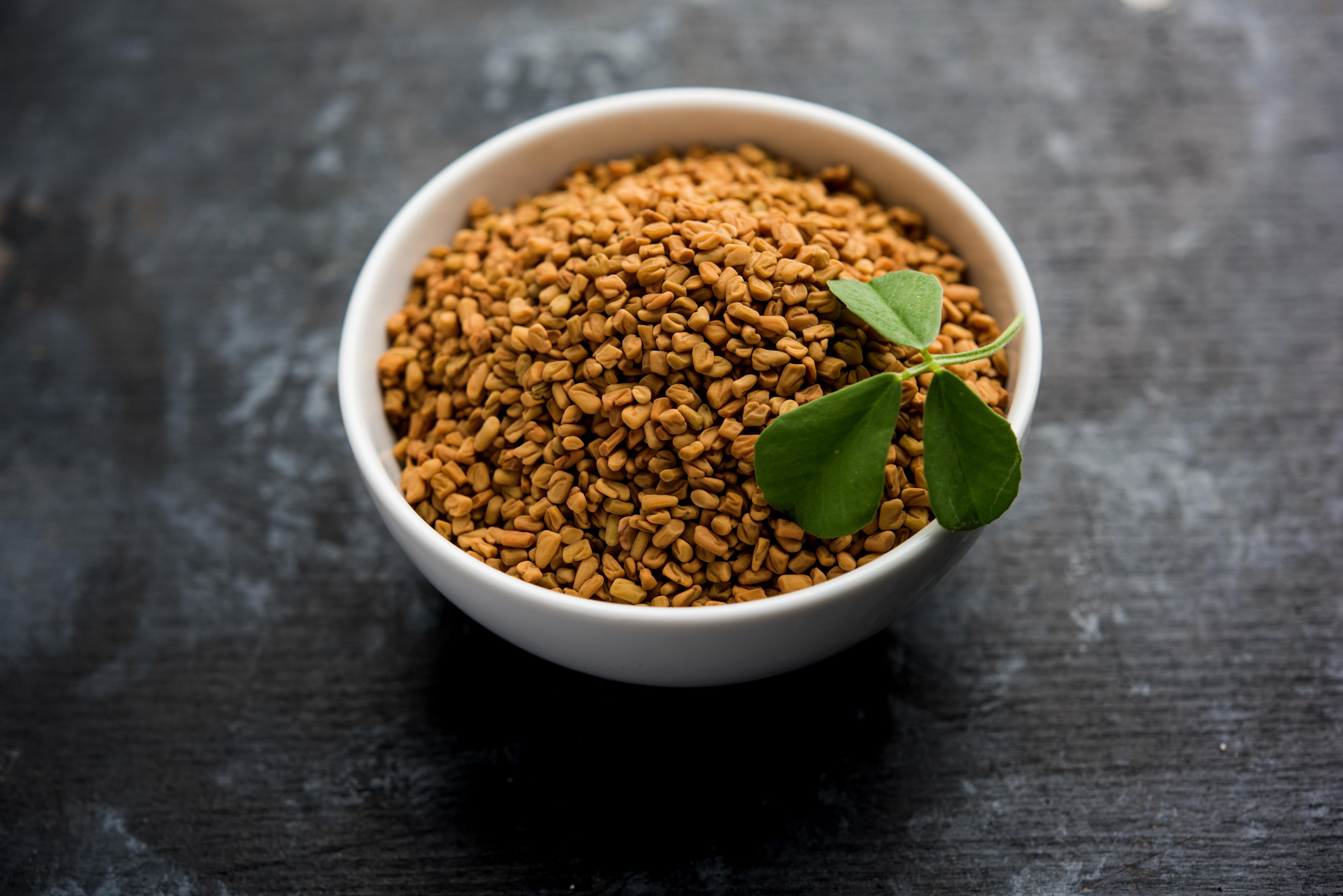
Fenugreek, a lesser-known spice, has been used traditionally for its medicinal properties. Recent studies have shown that fenugreek can significantly reduce cholesterol levels due to its high fiber content and presence of saponins, which help lower LDL cholesterol. These saponins work by reducing the absorption of cholesterol in the intestines, effectively lowering levels of LDL—or "bad"—cholesterol in the bloodstream. By incorporating fenugreek into your diet, whether through seeds, powder, or supplements, you may support better cardiovascular health in a natural and accessible way.
5. Seaweed: The Ocean’s Gift to Heart Health
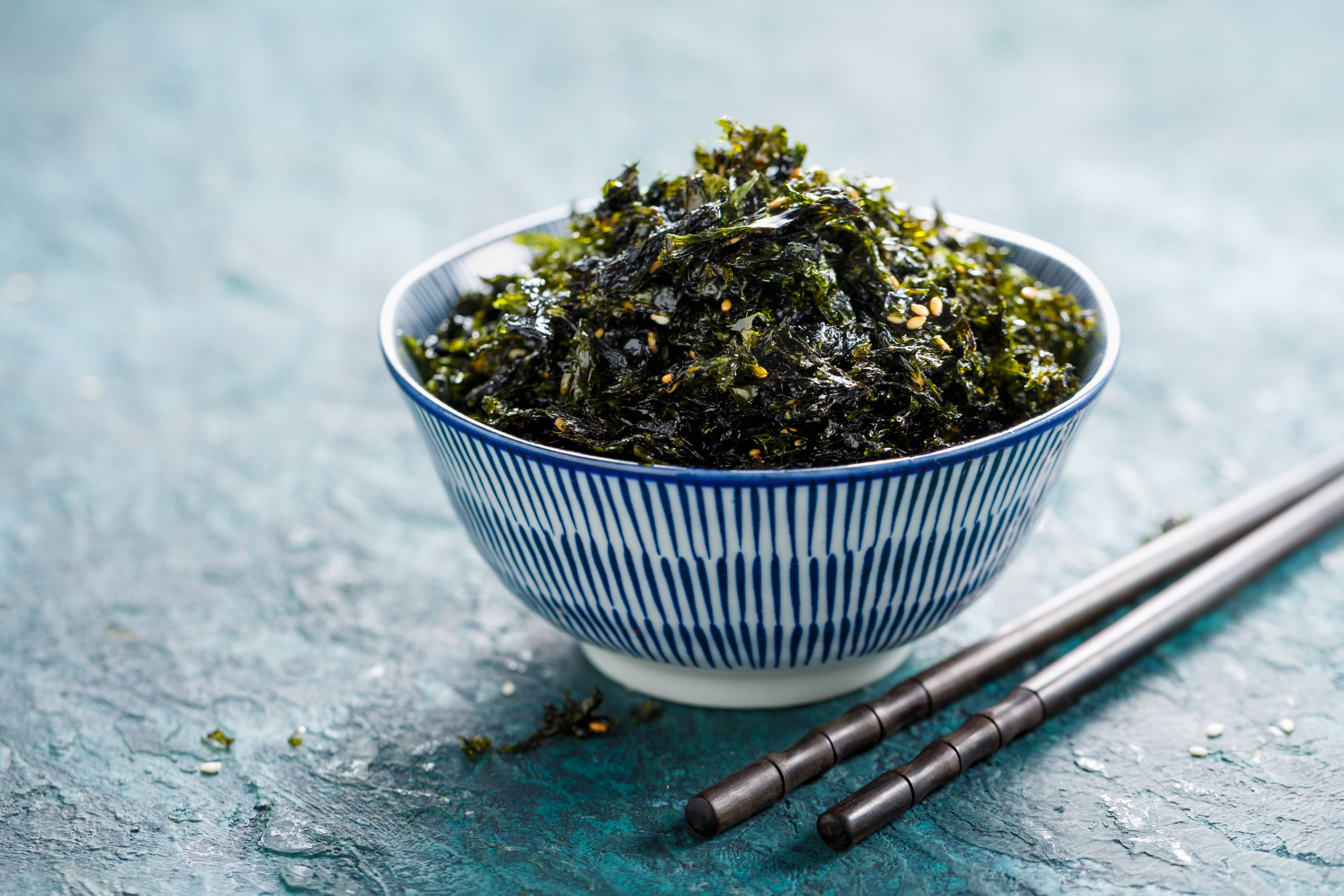
Seaweed is a nutrient-dense food that offers a plethora of health benefits, including cholesterol management. Rich in fiber, antioxidants, and omega-3 fatty acids, seaweed can help reduce LDL cholesterol levels and support overall heart health. Its rich supply of antioxidants combats oxidative stress, a key contributor to heart disease, while the presence of plant-based omega-3 fatty acids further supports heart health by reducing inflammation and improving blood lipid profiles. Regular inclusion of seaweed in the diet—whether in salads, soups, or snacks—can be a natural and effective way to support cholesterol management and overall cardiovascular function.
6. The Mighty Moringa: A Nutrient Powerhouse
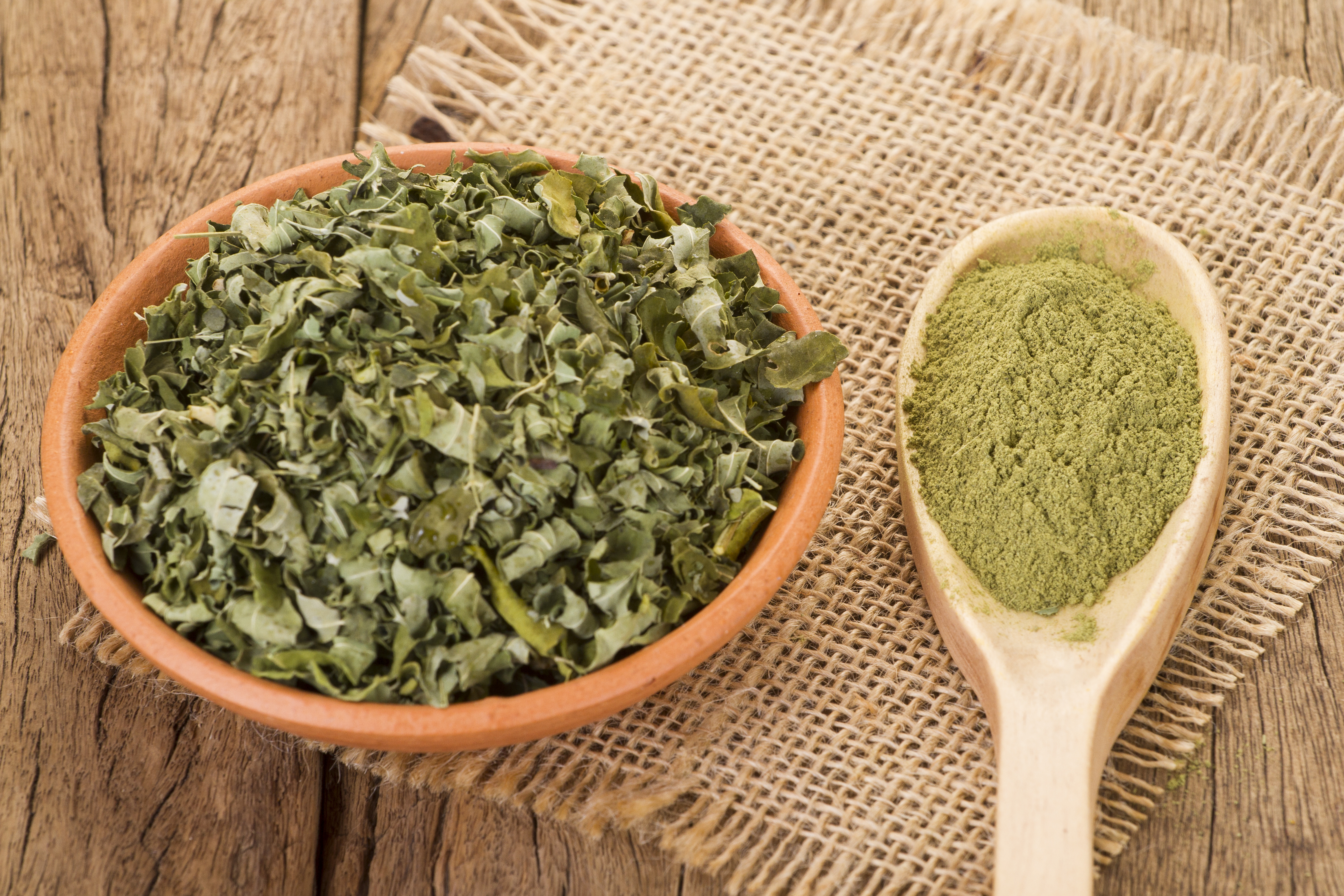
Moringa, often referred to as the "miracle tree," is a nutrient-rich plant that has gained popularity for its numerous health benefits. Packed with vitamins, minerals, and antioxidants, moringa has been shown to lower cholesterol levels and support heart health. Its leaves are rich in essential vitamins (such as A, C, and E), minerals like calcium and potassium, and a host of powerful antioxidants. Studies have shown that moringa can significantly reduce cholesterol levels, particularly LDL cholesterol, thanks to its bioactive compounds such as polyphenols and plant sterols. These compounds help prevent the buildup of plaque in arteries and improve overall lipid profiles, making moringa a valuable ally in promoting cardiovascular health. Whether consumed as a powder, tea, or added to meals, moringa offers a potent, plant-based approach to heart-friendly nutrition.
7. The Magic of Mushrooms: Nature’s Cholesterol Fighters

Mushrooms are a versatile and nutritious food that can play a significant role in cholesterol management. Rich in fiber, antioxidants, and beta-glucans, mushrooms have been shown to lower LDL cholesterol levels and support heart health. These compounds work by reducing cholesterol absorption in the gut and enhancing its excretion from the body, leading to improved lipid profiles over time. Additionally, certain varieties like shiitake and oyster mushrooms contain natural statin-like compounds that may further contribute to cholesterol reduction. With their low calorie content and savory flavor, mushrooms are an easy, heart-friendly addition to a wide range of meals.
8. The Versatility of Avocado: A Heart-Healthy Fat
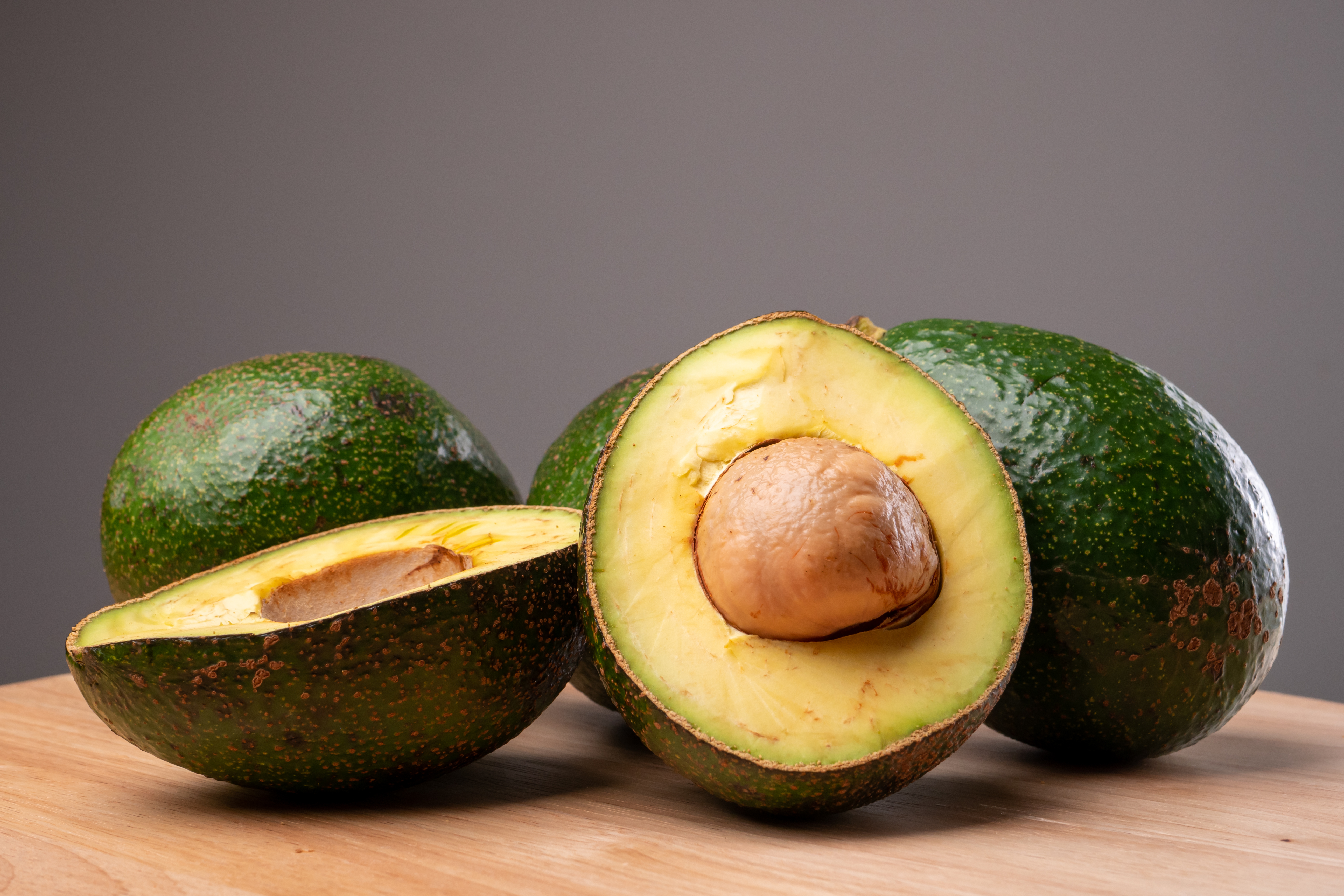
Avocado is a popular superfood known for its heart-healthy monounsaturated fats, which can help lower LDL cholesterol levels and increase HDL cholesterol. In addition to healthy fats, avocados are rich in fiber, potassium, and antioxidants like lutein, all of which contribute to cardiovascular health. The fiber helps reduce cholesterol absorption in the gut, while potassium supports healthy blood pressure levels. Regular consumption of avocado has been linked to improved lipid profiles and reduced risk of heart disease, making it a delicious and nutrient-dense choice for those looking to support their heart through diet.
9. The Surprising Benefits of Artichokes
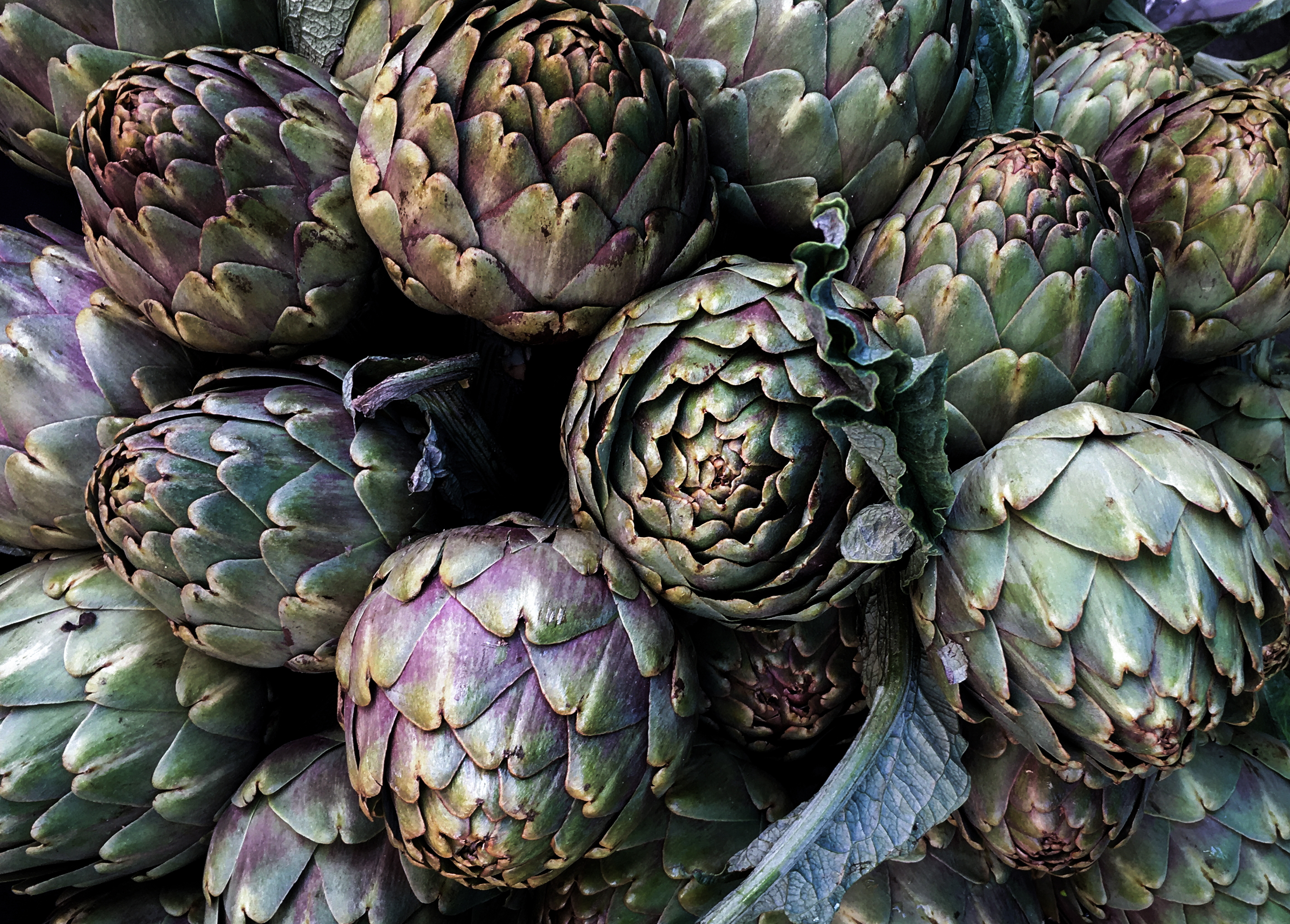
Artichokes are a nutrient-dense vegetable that offers numerous health benefits, including cholesterol management. Rich in fiber, antioxidants, and cynarin, artichokes can help lower LDL cholesterol levels and support overall heart health. Cynarin, a natural compound found primarily in artichoke leaves, is known to stimulate bile production in the liver, which aids in the breakdown and elimination of cholesterol from the body. Combined with their high antioxidant content—which helps reduce oxidative stress on blood vessels—and soluble fiber that blocks cholesterol absorption in the gut, artichokes serve as a powerful, plant-based ally in promoting cardiovascular wellness. Incorporating them into meals, whether roasted, steamed, or blended into dips, offers both flavor and functional health benefits.
10. The Power of Pulses: Lentils and Beans

Pulses, such as lentils and beans, are a rich source of fiber, protein, and essential nutrients, making them a powerful ally in cholesterol management. Pulses, such as lentils and beans, are a rich source of fiber, protein, and essential nutrients, making them a powerful ally in cholesterol management. The high soluble fiber content in pulses helps reduce the absorption of LDL cholesterol in the digestive tract, while their plant-based proteins provide a heart-healthy alternative to animal-based sources that are often high in saturated fats. Additionally, pulses have a low glycemic index, which supports stable blood sugar levels—another factor closely tied to cardiovascular health. Regular consumption of pulses has been linked to improved lipid profiles and a reduced risk of heart disease, making them a valuable staple in a cholesterol-conscious diet.
11. The Unique Benefits of Black Garlic
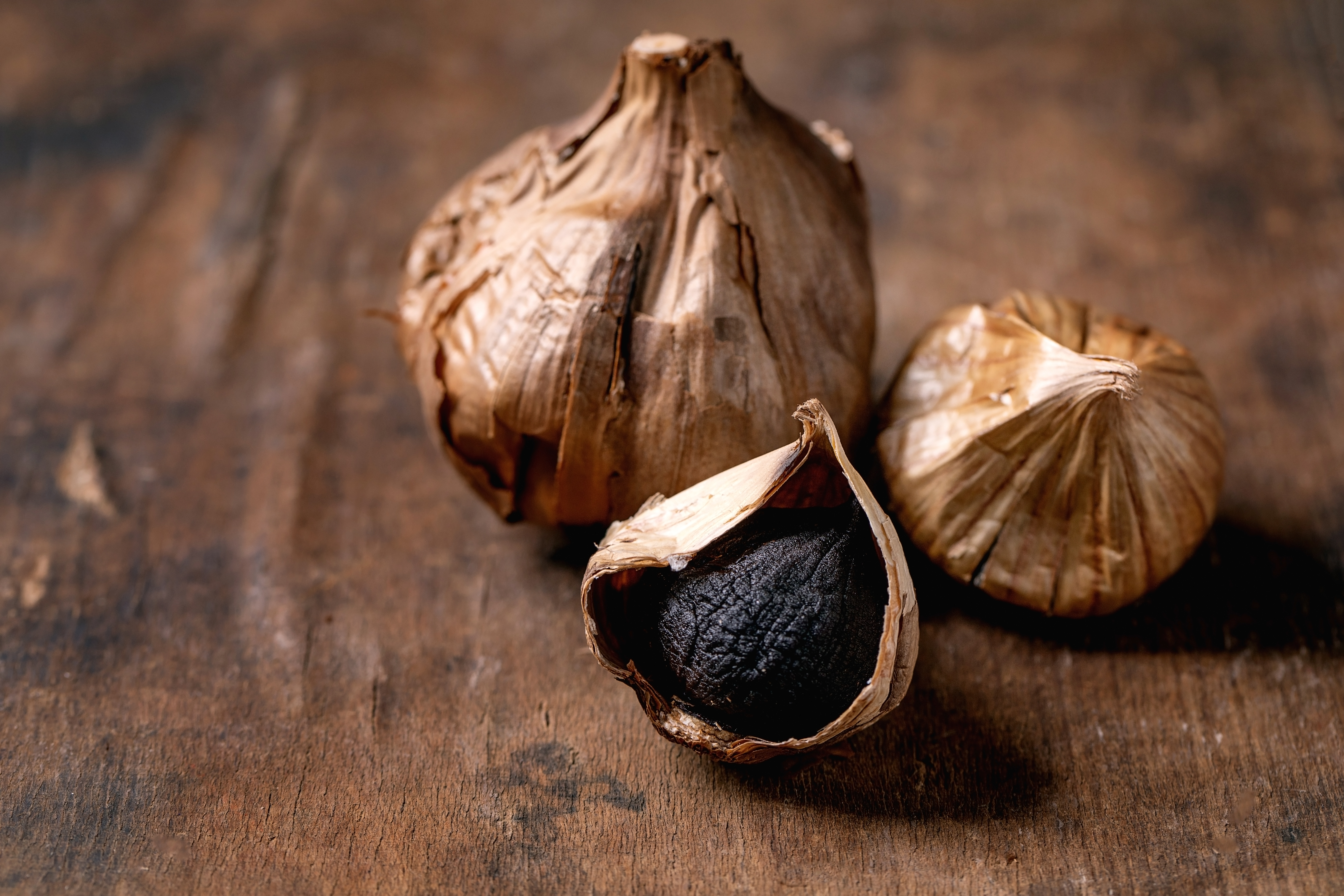
Black garlic, a fermented version of regular garlic, offers unique health benefits, including cholesterol management. Rich in antioxidants and S-allyl cysteine, black garlic has been shown to lower LDL cholesterol levels and support heart health. The fermentation process enhances its antioxidant potency and reduces the harshness of raw garlic, making it gentler on the stomach while retaining its therapeutic properties. S-allyl cysteine, in particular, is known to improve lipid metabolism and reduce oxidative damage to blood vessels, both of which are crucial in preventing atherosclerosis. With its sweet, umami-rich flavor and soft texture, black garlic not only elevates culinary dishes but also serves as a functional food for cardiovascular wellness.
12. The Nutritional Power of Flaxseeds
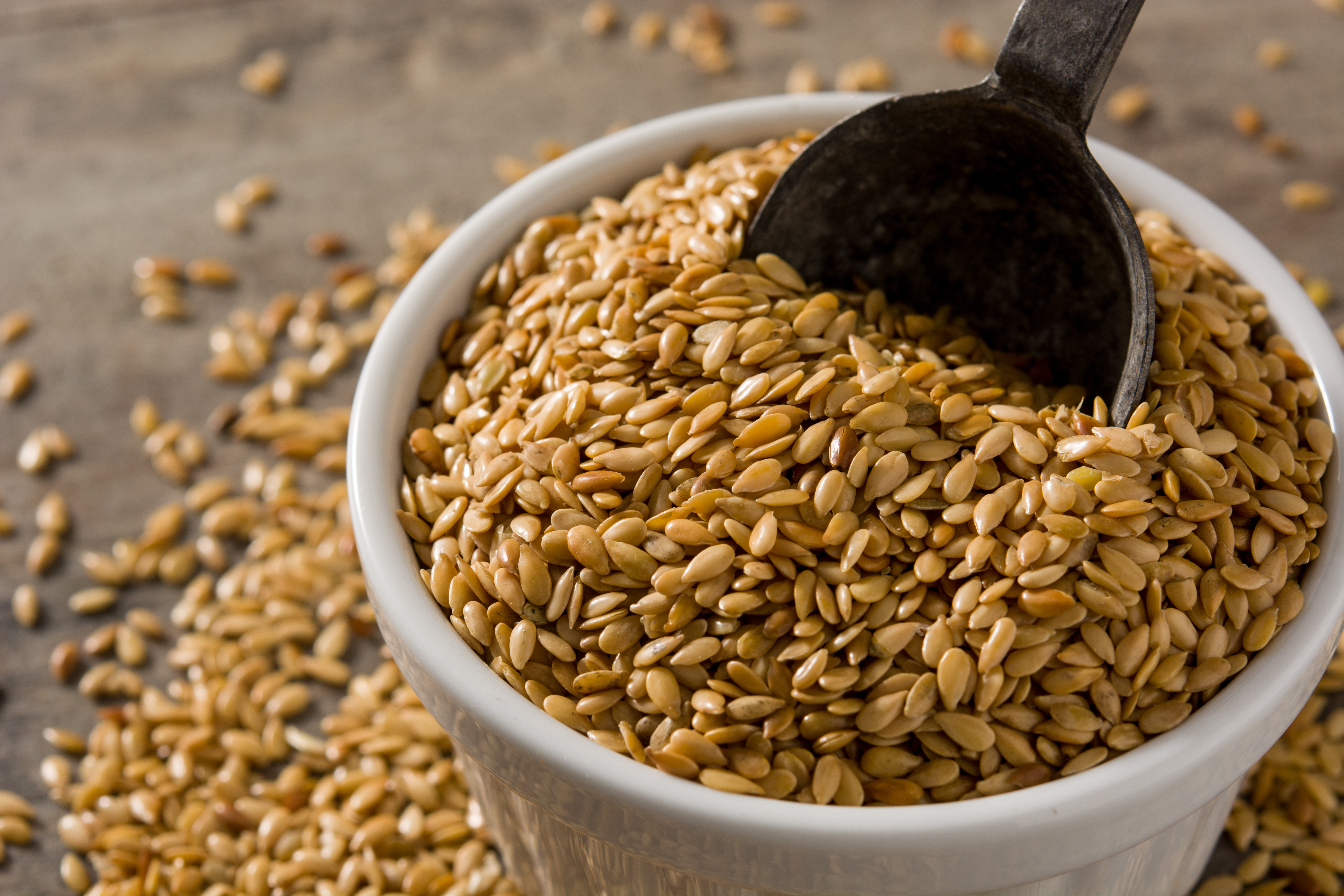
Flaxseeds are a rich source of omega-3 fatty acids, fiber, and lignans, making them a powerful ally in cholesterol management. The soluble fiber in flaxseeds binds to cholesterol in the digestive system, reducing its absorption and helping to lower LDL (bad) cholesterol levels. Meanwhile, the plant-based omega-3s—particularly alpha-linolenic acid (ALA)—help reduce inflammation and improve overall heart function. Lignans, unique polyphenols found in high concentrations in flaxseeds, also contribute to cardiovascular health by acting as antioxidants and supporting hormonal balance. Regular consumption of ground flaxseeds, whether added to smoothies, oatmeal, or baked goods, offers a simple yet effective way to support long-term heart health.
13. The Benefits of Berries: Nature’s Antioxidant Powerhouses
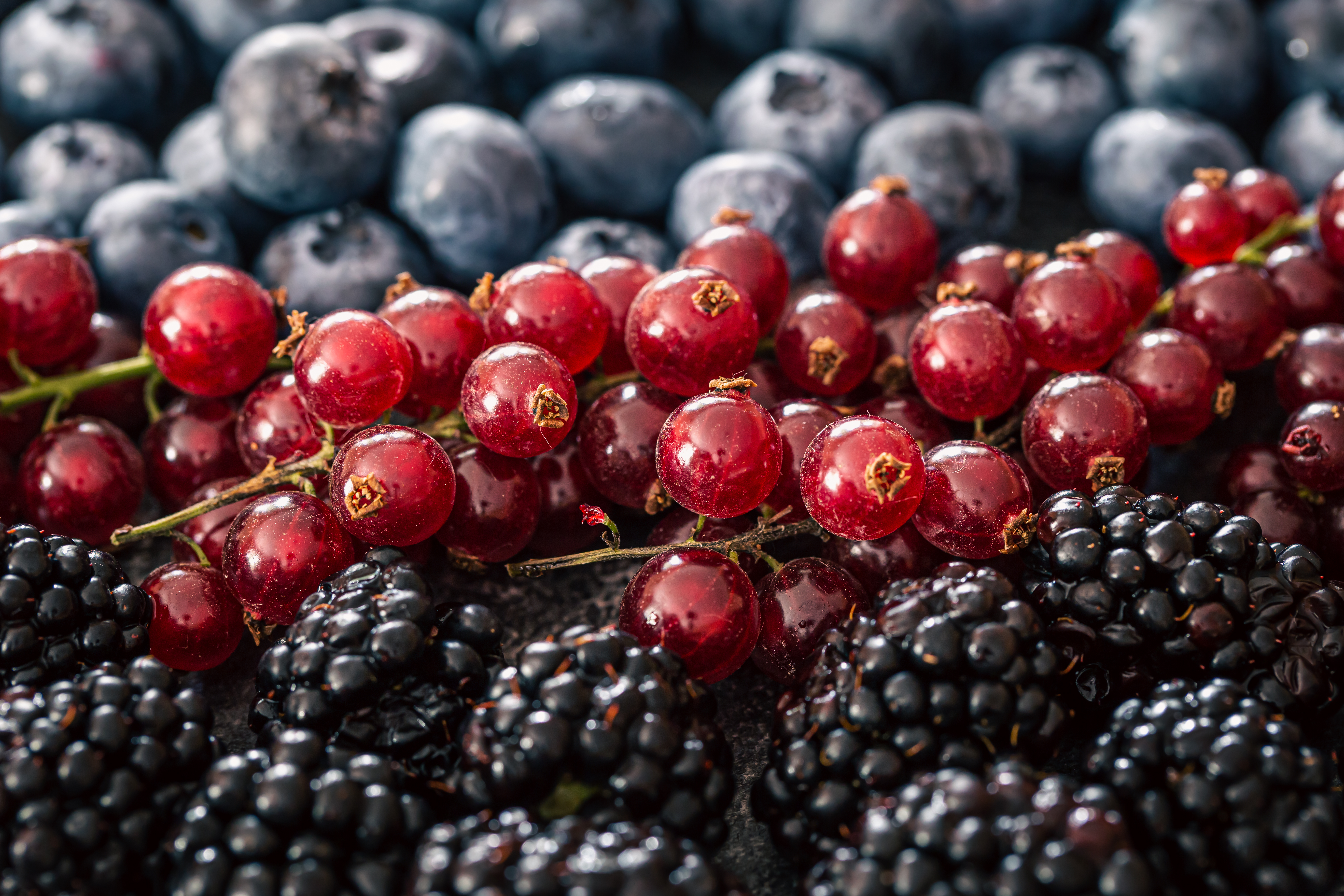
Berries, such as blueberries, strawberries, and raspberries, are rich in antioxidants, fiber, and essential nutrients, making them a powerful ally in cholesterol management. Their high levels of anthocyanins—a type of flavonoid—have been shown to reduce LDL (bad) cholesterol while protecting blood vessels from oxidative damage. The soluble fiber in berries also aids in binding cholesterol in the digestive tract, promoting its excretion from the body. Additionally, their anti-inflammatory properties support overall heart health and help maintain the integrity of arterial walls. Regularly incorporating a variety of berries into your diet—whether fresh, frozen, or in smoothies—can be a delicious and effective way to enhance cardiovascular wellness.
14. Broccoli (Raw or Steamed): The Sulforaphane LDL Stabilizer
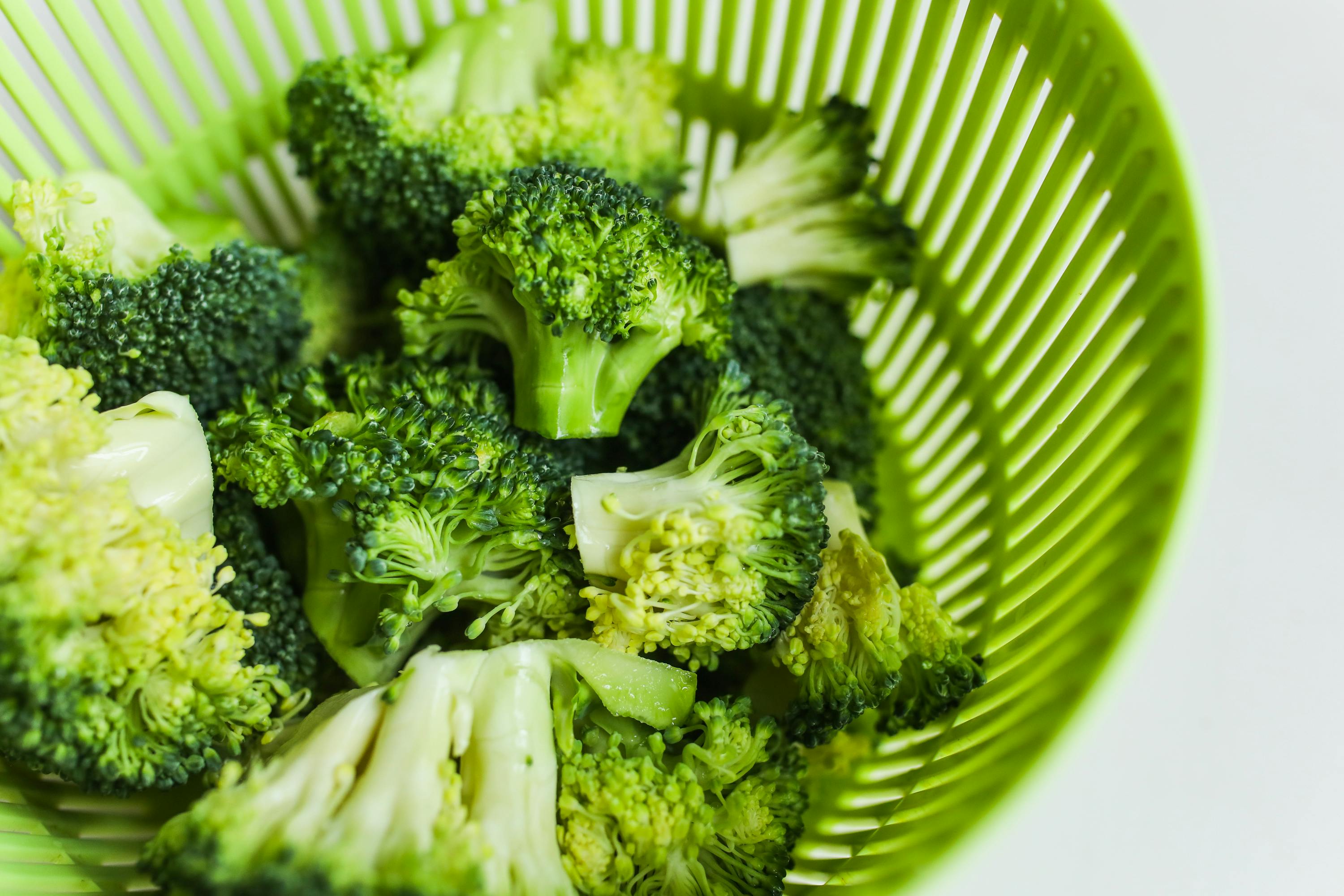
While many foods work to lower the quantity of LDL cholesterol, broccoli works to improve its quality. It contains sulforaphane (highest when consumed lightly steamed or raw), an isothiocyanate compound that powerfully activates the Nrf2 pathway—the cell's master defense system. This pathway triggers the production of potent internal antioxidants that specifically prevent LDL cholesterol from becoming oxidized. Oxidized LDL is the "sticky," dangerous form that embeds in arterial walls and starts plaque formation. By stabilizing the LDL particle and reducing its damaging potential, sulforaphane acts as a crucial line of defense against atherosclerosis, making broccoli a strategic warrior for long-term arterial health.
15. Edamame: Small Pods, Big Heart Impact
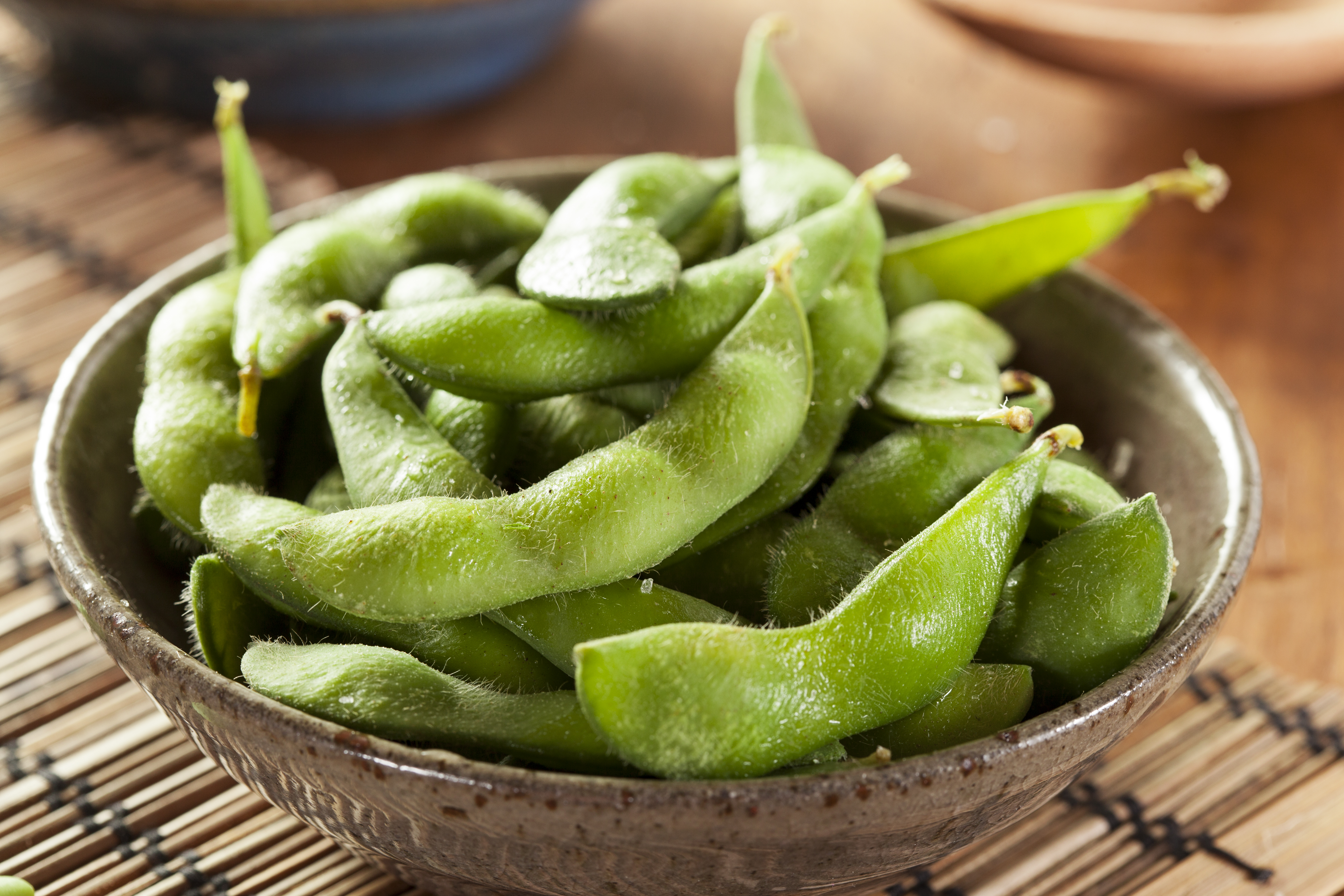
Edamame—young soybeans—are a plant-based protein powerhouse rich in isoflavones, which have been shown to lower LDL cholesterol and improve arterial health. These bioactive compounds mimic estrogen in the body, helping to reduce cholesterol synthesis in the liver. Edamame also contains high amounts of soluble fiber and omega-3 fatty acids, which collectively promote healthy blood lipid levels and reduce inflammation. Unlike heavily processed soy products, edamame is minimally altered, retaining its full nutritional profile. Snack on them steamed and lightly salted, toss them into salads, or blend into hummus for a simple, satisfying way to support cholesterol control.
16. Chia Seeds: Tiny Seeds with Giant Health Returns
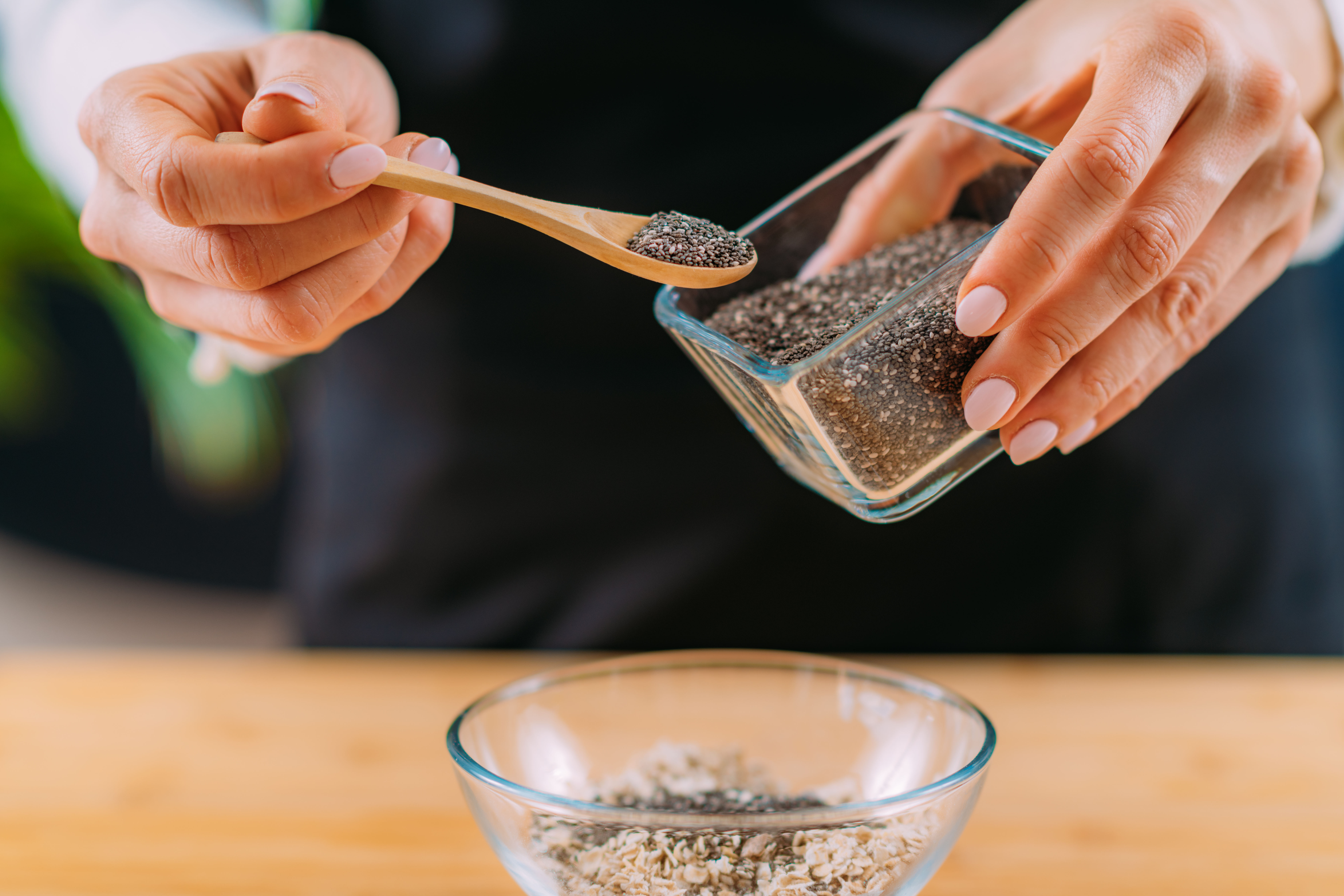
Chia seeds might be small, but they deliver big when it comes to heart health. Loaded with soluble fiber and alpha-linolenic acid (a plant-based omega-3), chia seeds help lower LDL cholesterol and reduce triglyceride levels. Their gel-forming fiber traps cholesterol in the digestive tract, reducing absorption. In addition, the anti-inflammatory properties of their omega-3 content help protect the arteries from damage. Chia seeds are incredibly versatile—add them to smoothies, yogurt, overnight oats, or baked goods. Just one tablespoon a day can make a meaningful impact on cholesterol and overall cardiovascular function.
17. Beets: Rooted in Heart Health
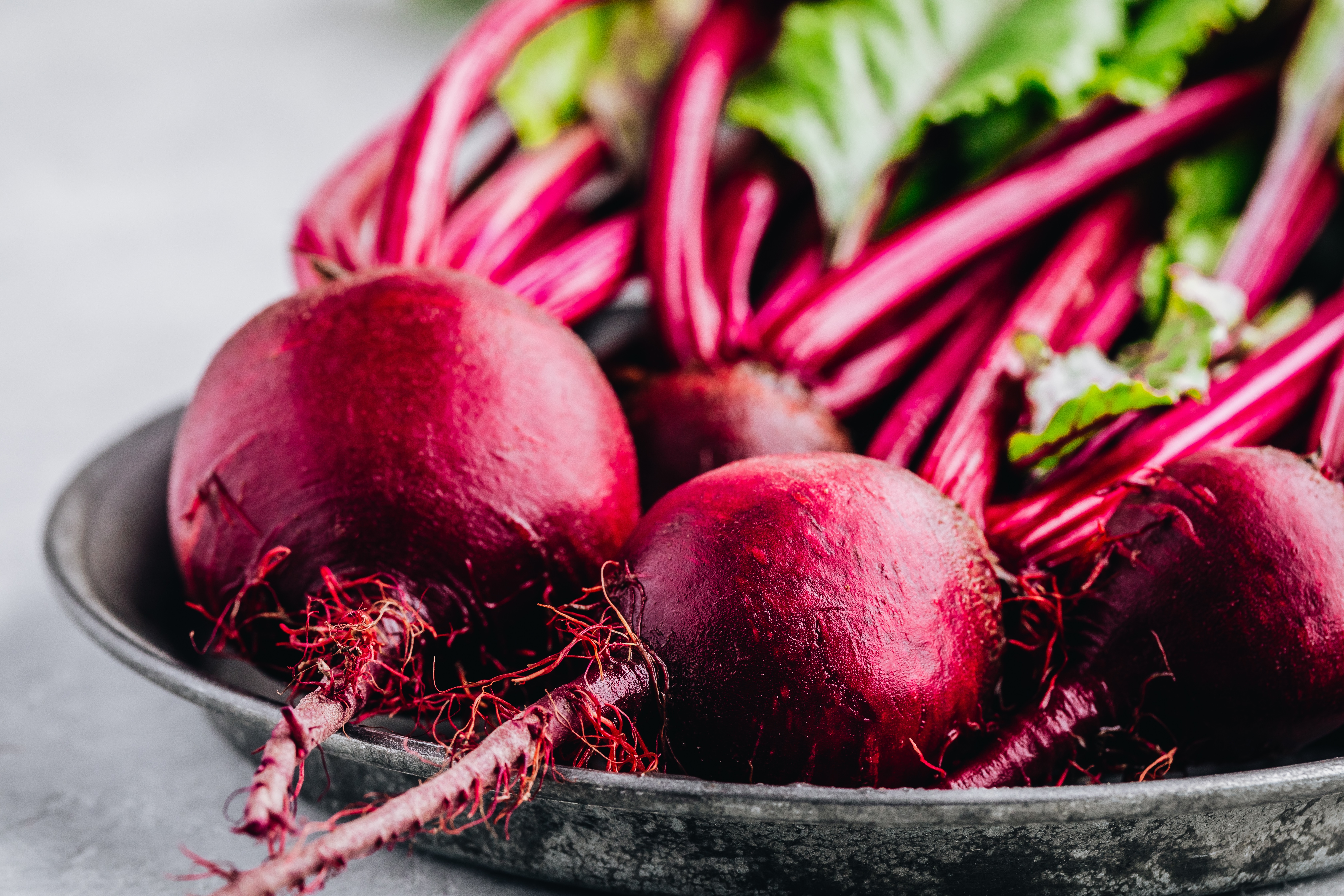
Beets are rich in dietary nitrates, which help widen blood vessels, improve circulation, and reduce blood pressure—key contributors to heart health. But they also aid cholesterol management thanks to their betaine content, which supports liver function and helps regulate fat metabolism. This can contribute to better cholesterol balance, particularly when paired with a diet low in saturated fat. Beets also provide fiber and antioxidants that reduce oxidative stress on blood vessels. Whether roasted, juiced, or grated into salads, this vibrant root vegetable offers more than color—it offers a natural boost to your heart’s wellbeing.
18. Rooibos Tea: A Caffeine-Free Heart Helper
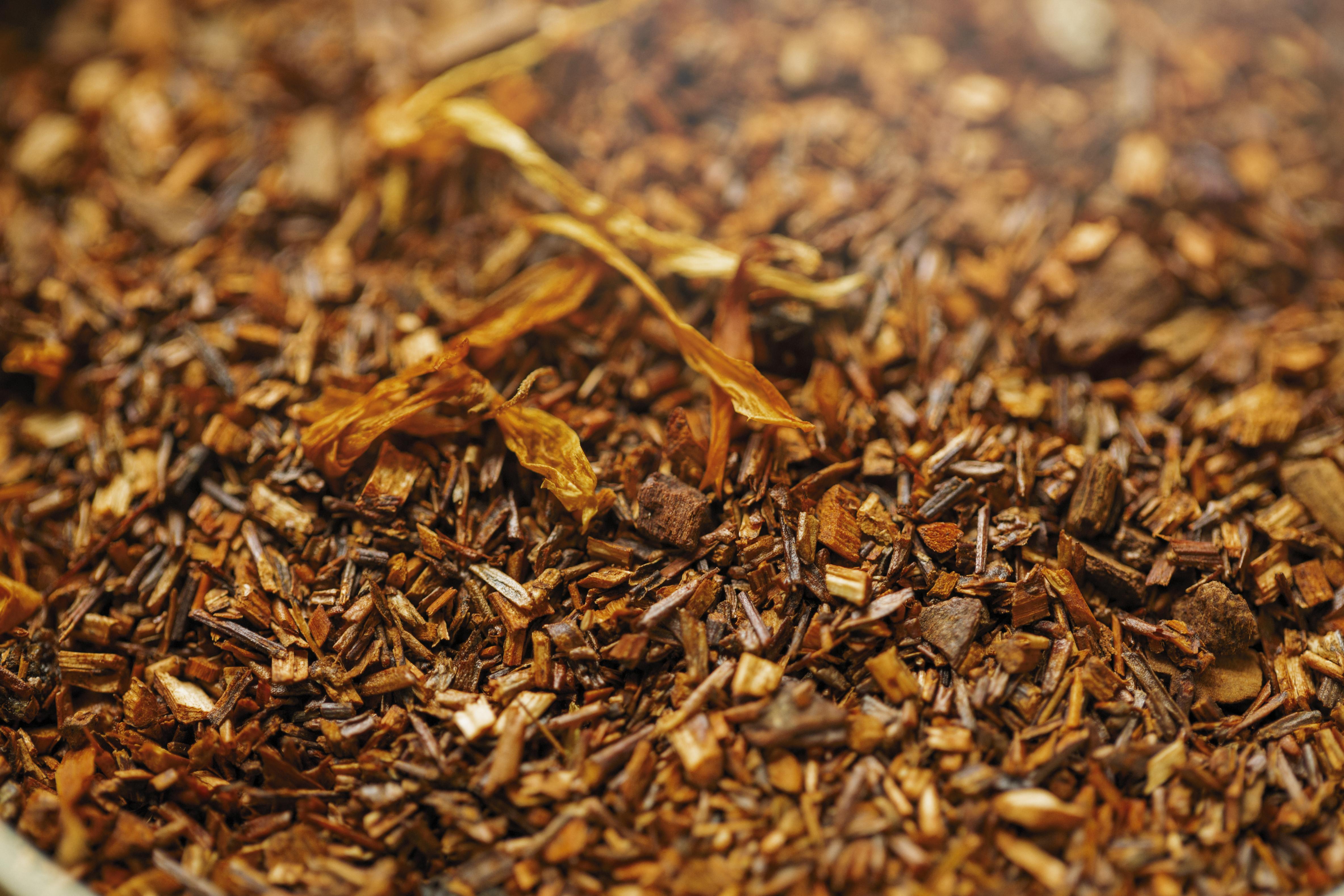
Rooibos tea, a red herbal tea from South Africa, is an underappreciated superdrink when it comes to cholesterol. Rich in powerful antioxidants like aspalathin and nothofagin, rooibos helps reduce oxidative stress and inflammation—two major contributors to atherosclerosis. Studies have shown that regular consumption of rooibos tea may lower LDL cholesterol while boosting HDL levels, offering a balanced improvement in heart health markers. Naturally caffeine-free, it’s a great alternative to traditional black or green teas for those sensitive to stimulants. Sip it hot or iced, and enjoy both its earthy flavor and cardiovascular perks.
19. Amaranth: The Ancient Grain with Modern Benefits

Amaranth may be ancient, but its cholesterol-lowering power is timeless. This gluten-free pseudograin is rich in plant sterols and soluble fiber, both known to reduce LDL cholesterol by limiting absorption in the digestive tract. Amaranth also provides quality protein and squalene—a compound shown to help balance cholesterol production in the liver. Unlike heavily processed grains, amaranth maintains its nutritional integrity and delivers a slightly nutty, versatile base for porridges, grain bowls, or even baked goods. It’s a satisfying swap for refined carbs and a potent ally in heart-conscious eating, especially for those seeking whole-food, plant-based diversity.
20. Bergamot: The Citrus Secret for Lipid Control
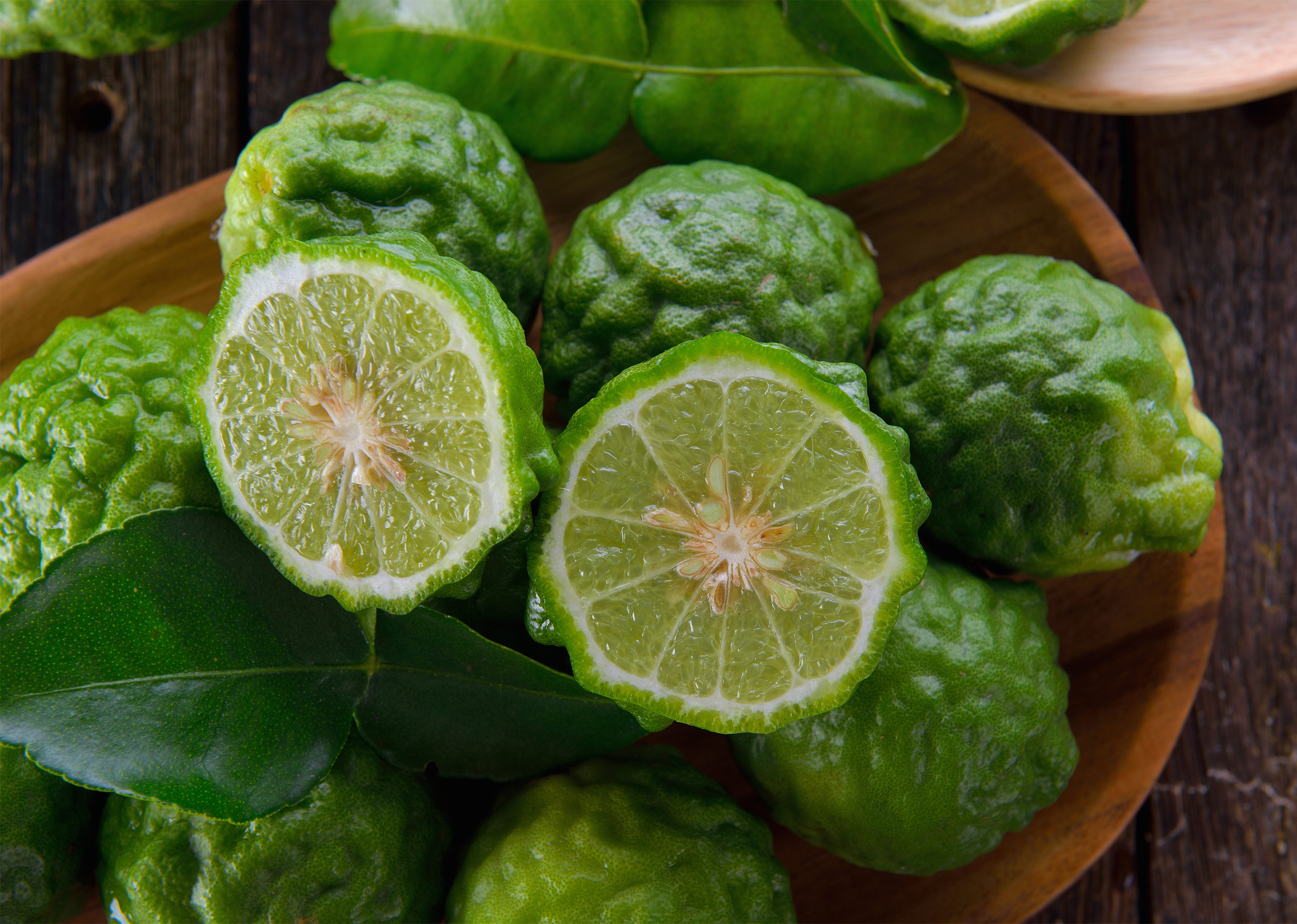
Bergamot, a fragrant citrus fruit native to southern Italy, is a rising star in cholesterol research. Its unique flavonoids—especially brutieridin and melitidin—have been shown to reduce LDL and total cholesterol while increasing HDL, with effects similar to statins but without the side effects. Available mostly as a juice or extract (not commonly eaten whole), bergamot can be consumed as a supplement or in teas. Clinical trials have highlighted its ability to lower triglycerides and improve lipid ratios in people with metabolic syndrome. If you're looking for a natural boost to your cholesterol-lowering routine, bergamot is a scientifically-backed, citrusy wildcard.
21. Celery Seeds: Small But Cardioprotective
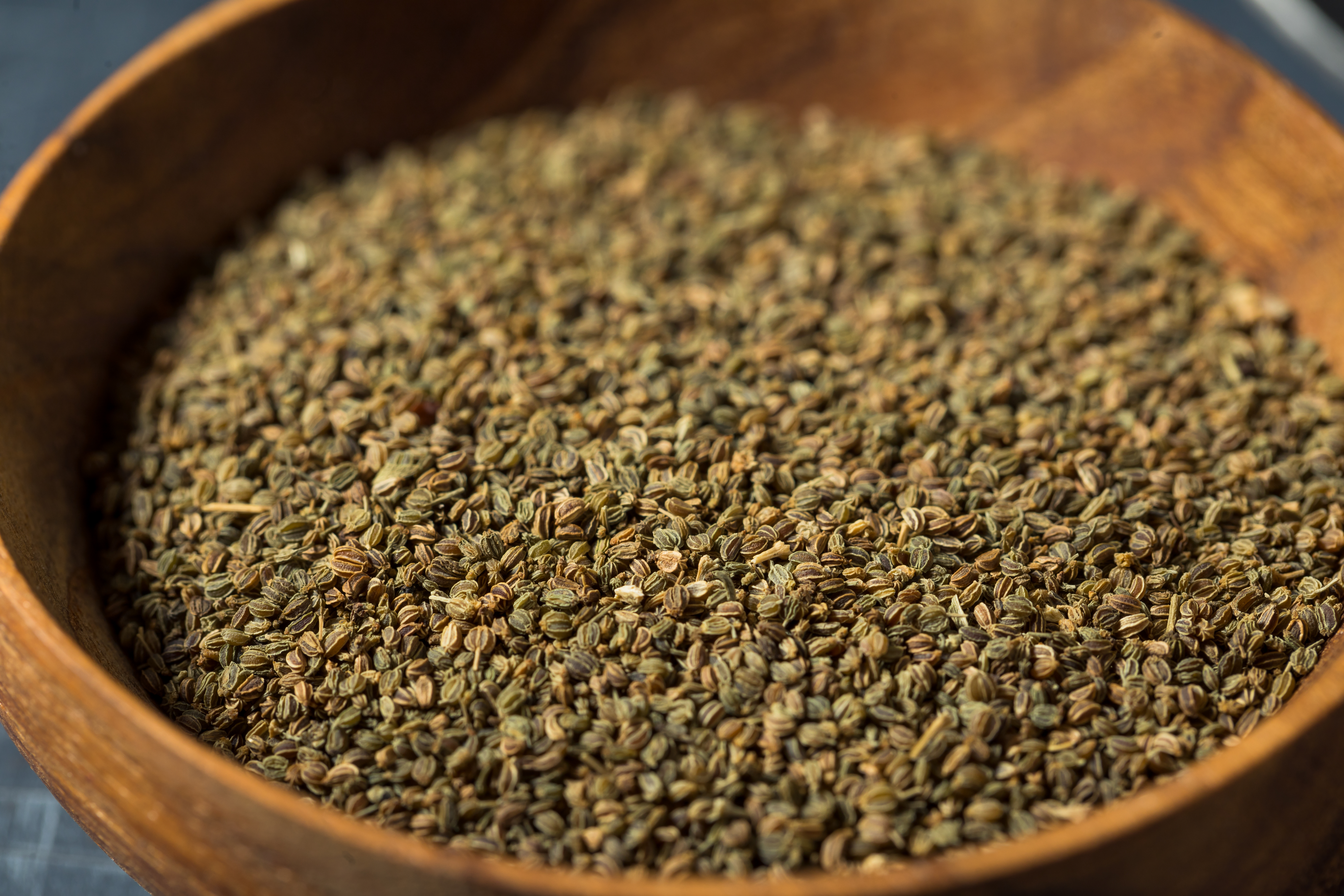
Often overshadowed by the stalk, celery seeds pack a concentrated punch of heart-supporting compounds. They contain phthalides, which help relax blood vessels and improve blood flow—benefiting both blood pressure and cholesterol levels. These seeds also provide fiber, magnesium, and antioxidants that support arterial health and reduce LDL buildup. While not commonly used in large quantities, celery seed can be steeped into tea or ground into spice blends, salad dressings, or marinades. For those looking to support their cardiovascular system holistically, these tiny seeds offer a potent—and often overlooked—nutritional boost.
22. Tamarind: The Sweet-Sour Lipid Regulator
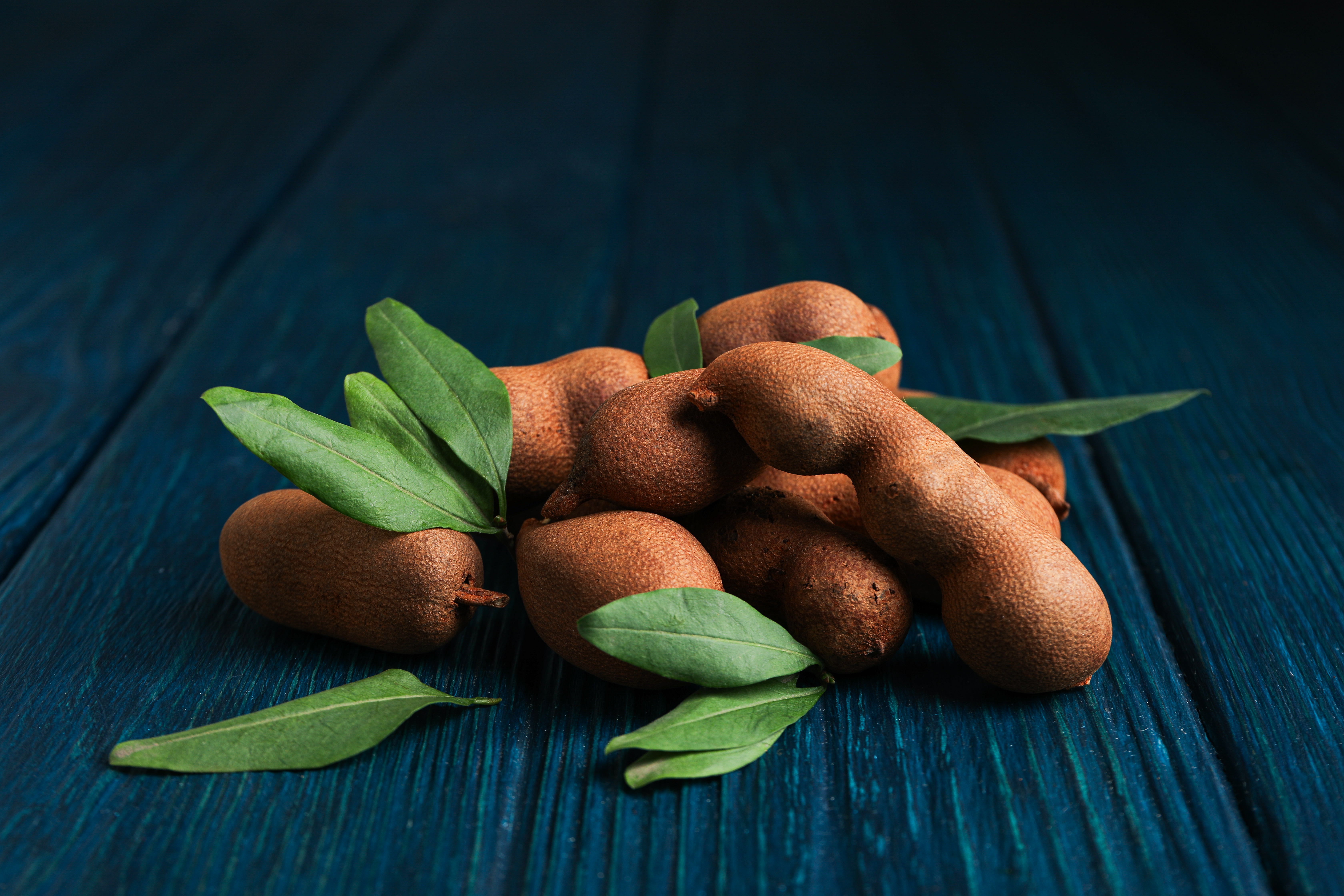
Tamarind, known for its tangy-sweet flavor, is more than just a culinary staple—it’s a stealth cholesterol fighter. Rich in polyphenols and flavonoids, tamarind pulp has been shown to lower LDL cholesterol and triglyceride levels in animal and early human studies. It’s also a natural source of magnesium and potassium, which support overall heart function. Tamarind’s fiber content may contribute to reduced cholesterol absorption in the gut. Add it to chutneys, sauces, or warm water with honey and lemon for a tangy wellness tonic. Its bold flavor masks its even bolder heart-health credentials.
23. Watercress: The Micronutrient-Dense Power Leaf
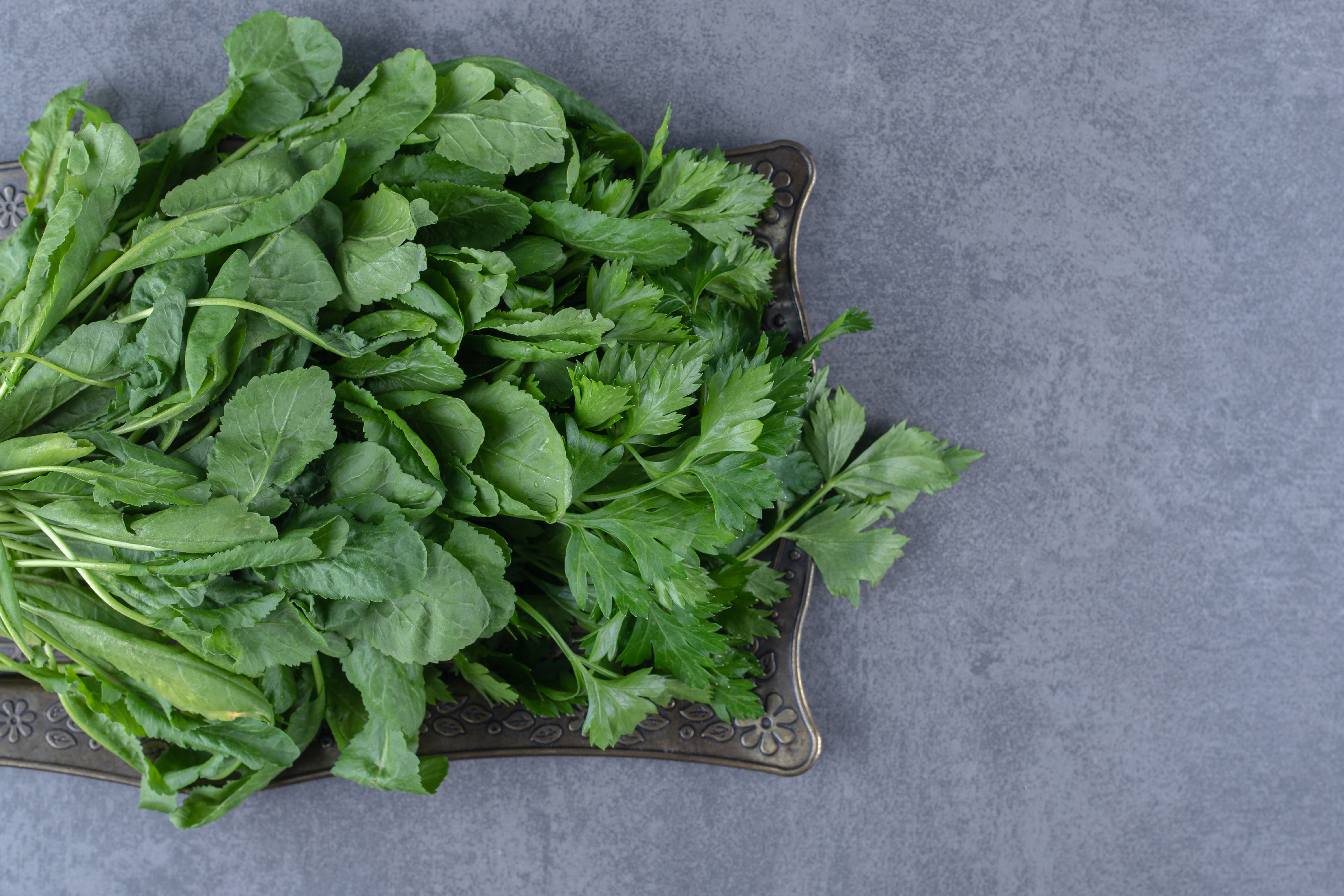
Watercress often flies under the radar, but this peppery green is a nutritional powerhouse. Rich in antioxidants, potassium, and fiber, watercress supports cholesterol regulation by protecting arteries from oxidative damage and aiding in lipid metabolism. It also provides small amounts of omega-3s and compounds like glucosinolates, which help reduce inflammation—a major driver of heart disease. While its benefits may be subtle, adding watercress to salads, soups, or sandwiches gives your meals a gentle metabolic edge. Its crisp, clean flavor complements its clean impact on your cholesterol profile.
24. Jicama: Crunchy Fiber That Fights LDL
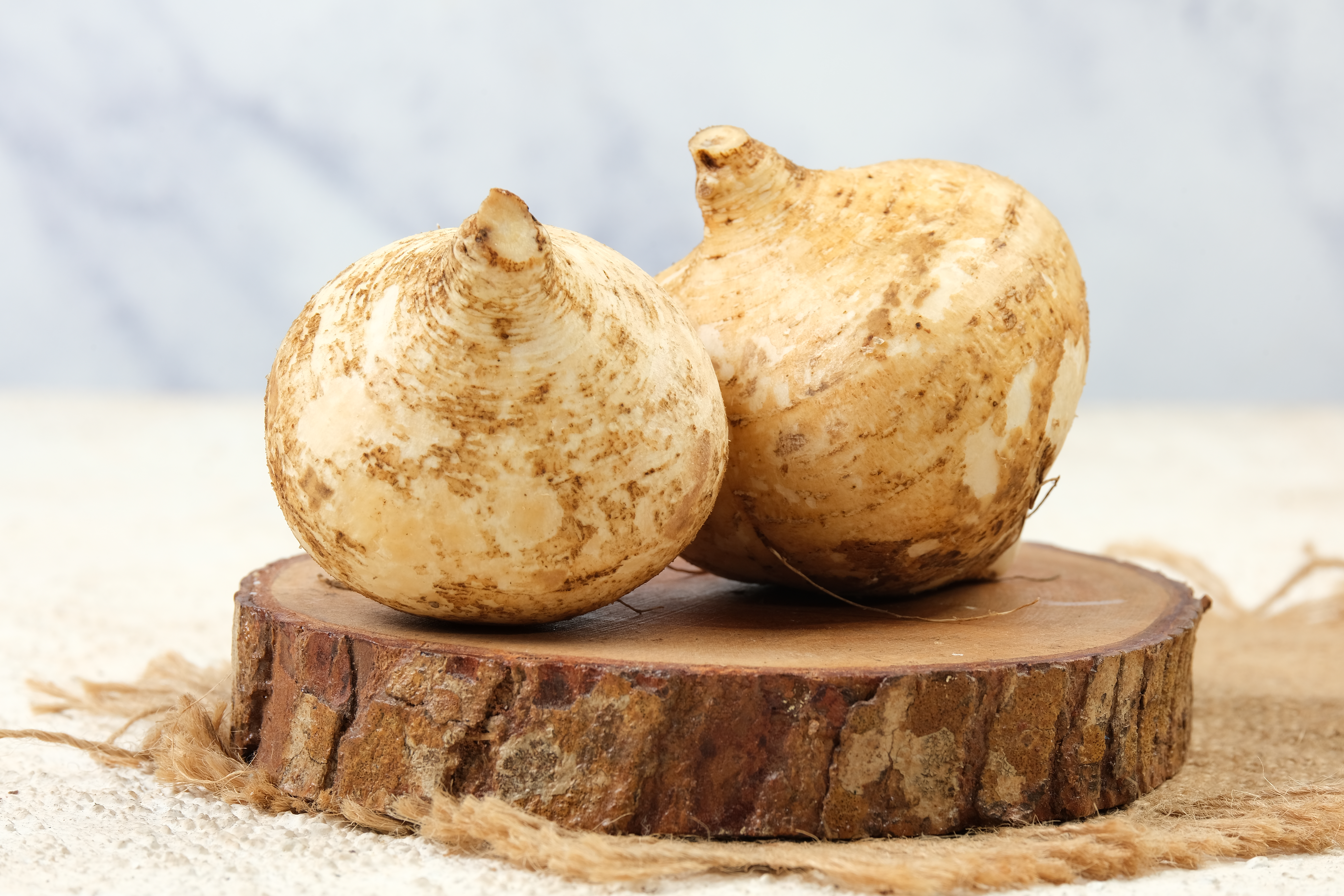
Jicama, the crunchy root often overlooked in Western diets, is a hidden gem for cholesterol control. Packed with soluble fiber—in particular, inulin—this slightly sweet, nutty tuber helps block cholesterol absorption in the gut and supports healthy gut flora, which in turn benefits lipid metabolism. Its low glycemic index and hydrating crunch make it an ideal snack or salad ingredient. Jicama can be sliced raw, tossed with lime and chili, or added to slaws for texture. Think of it as nature’s edible scrub brush for your arteries—refreshing, fibrous, and quietly effective.
25. Teff: The Tiny Grain That Packs a Cardiovascular Punch
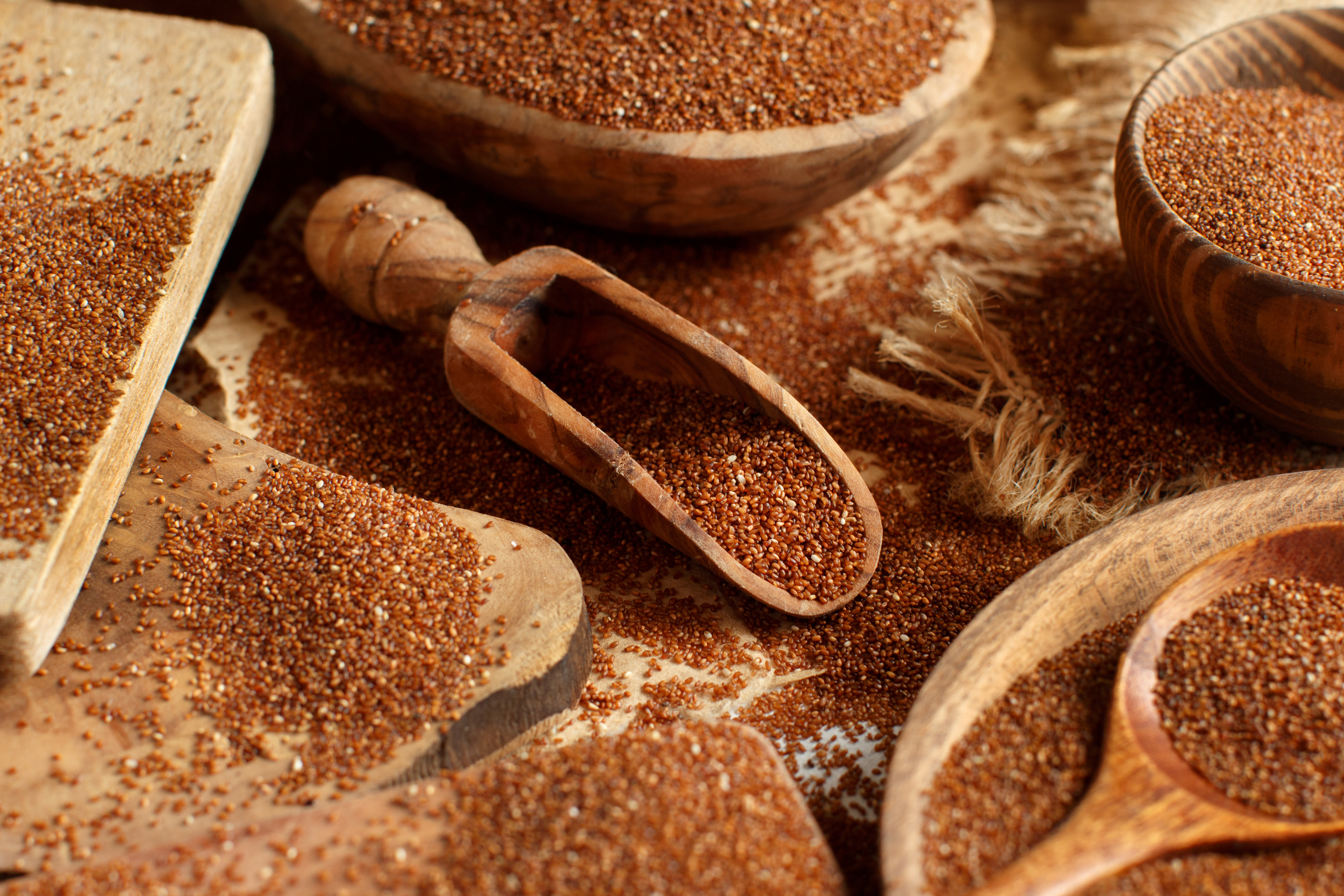
Teff, Ethiopia’s staple grain, is a nutritional powerhouse rich in resistant starch, iron, and plant-based protein. But its real cholesterol-fighting magic comes from its fiber content, which helps lower LDL levels by improving gut health and reducing cholesterol absorption. Teff also contains polyphenols that combat oxidative stress and inflammation, supporting arterial integrity. Unlike other grains, teff is gluten-free, quick-cooking, and versatile—it can be used in porridge, baked goods, or as a quinoa alternative in grain bowls. If you’re looking to swap out refined carbs for something hearty and heart-smart, teff is a smart move.
26. Avocado Leaves: A Folk Remedy with Modern Backing
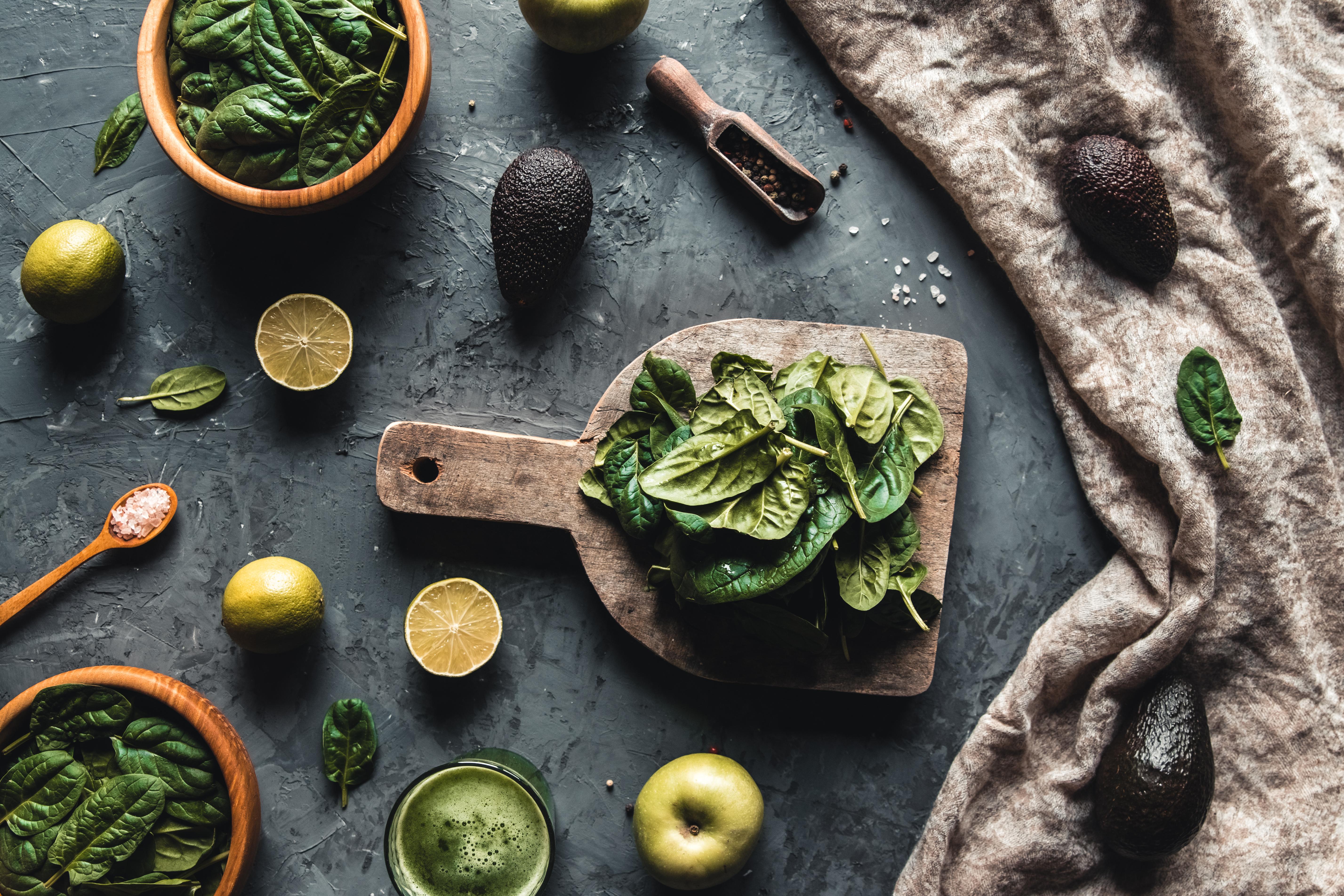
While the avocado fruit gets all the glory, its leaves—used in traditional Mexican cooking—are gaining attention for their lipid-lowering potential. Rich in flavonoids, saponins, and quercetin, avocado leaves may help reduce cholesterol synthesis in the liver and improve blood lipid profiles. Some studies suggest they also have antihypertensive effects, which compound their cardiovascular benefits. Brewed into a mild herbal tea, the leaves deliver a subtle anise-like flavor and a medicinal edge. It’s a quiet ritual with quiet power—perfect for those who want to support heart health from a cultural and botanical lens.
27. Purslane: A Wild Weed with Omega-3 Muscle

Purslane may look like a weed, but it’s one of the richest plant sources of alpha-linolenic acid (ALA), a potent omega-3 that helps lower triglycerides and improve HDL cholesterol. This succulent green also contains high levels of magnesium, potassium, and antioxidants like glutathione, which together protect blood vessels and support healthy circulation. Purslane has a tangy, slightly lemony flavor and works well in salads, stir-fries, or tucked into wraps. Often found growing wild in backyards or farmers’ markets, it’s a humble green with elite credentials—proving sometimes the best remedies are the ones we overlook.
28. Yacon Root: Sweetness Without the Spike
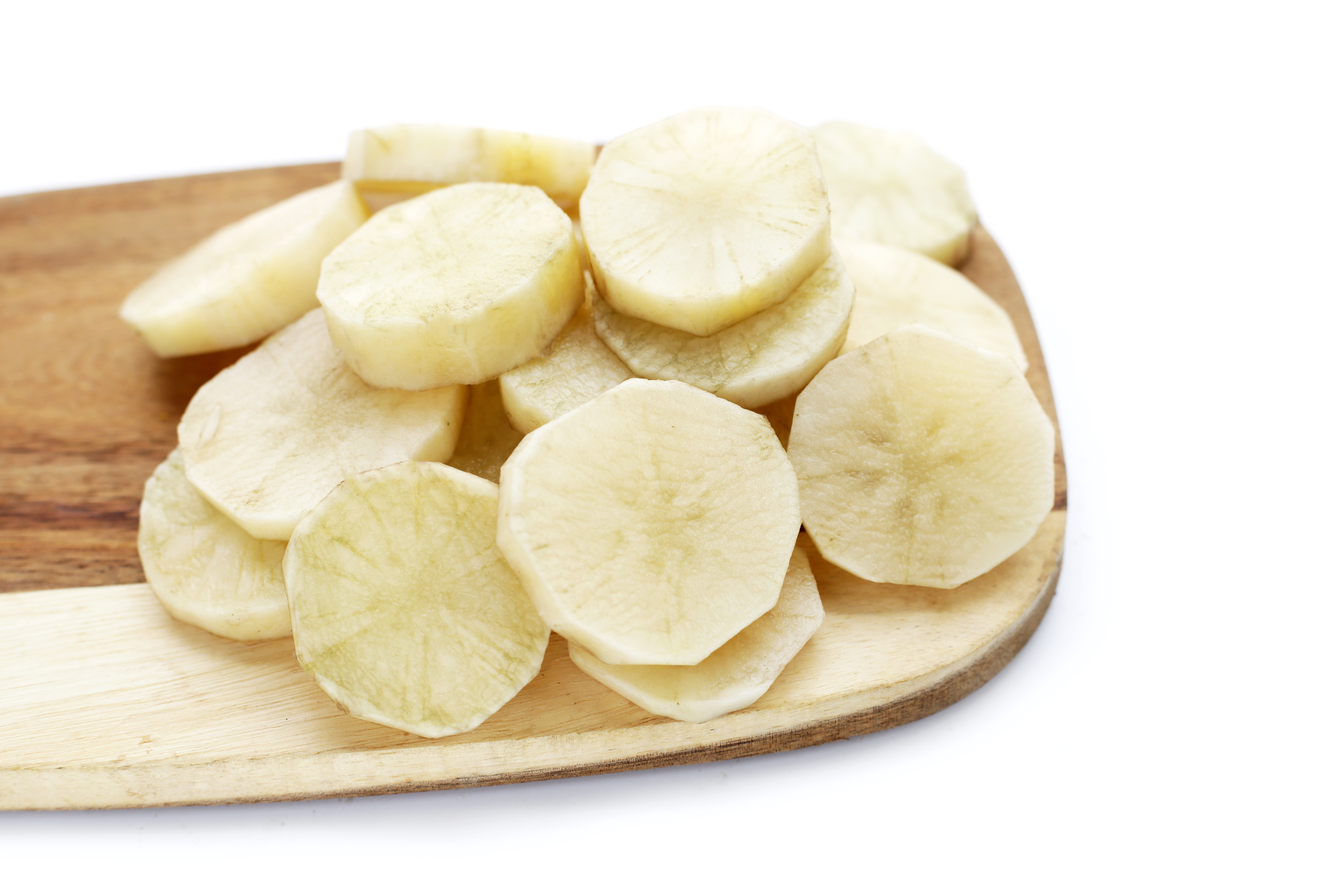
Yacon root is a naturally sweet tuber from South America that offers a rare combo: blood sugar regulation and cholesterol control. It’s rich in fructooligosaccharides (FOS), a type of prebiotic fiber that feeds healthy gut bacteria while reducing cholesterol absorption. Yacon has also been linked to reduced triglyceride levels and better insulin sensitivity—key allies in managing metabolic syndrome. With a crisp texture and apple-like flavor, yacon can be eaten raw, juiced, or used as a low-calorie syrup. It’s the rare sweet food that actually helps—not harms—your heart, making it a clever addition to any wellness-focused diet.
29. Sorghum: The Gluten-Free Grain with Sterol Strength
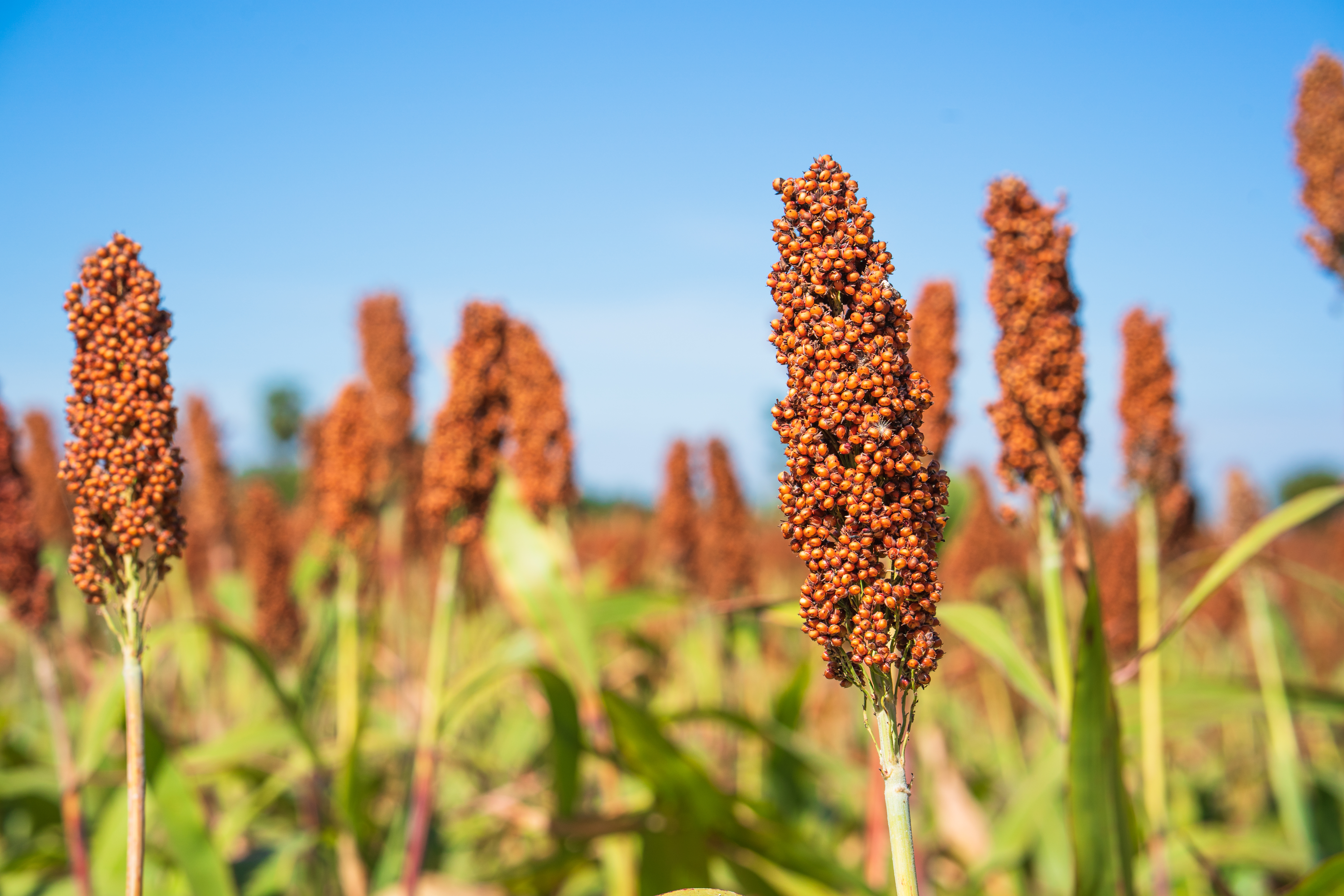
Often overshadowed by quinoa or brown rice, sorghum is a cholesterol-fighting grain worth a second look. It’s packed with plant sterols, which help block the absorption of LDL cholesterol in the gut. Its rich polyphenol content acts as an antioxidant shield for blood vessels, while its fiber slows digestion, improving blood sugar and lipid levels simultaneously. Sorghum can be popped like popcorn, cooked like couscous, or ground into flour for heart-smart baking. Naturally gluten-free and versatile, it’s a quiet warrior in the fight against high cholesterol—ideal for anyone seeking functional nutrition without sacrificing flavor or texture.
30. Indian Gooseberry (Amla): The Ayurvedic Cholesterol Buster
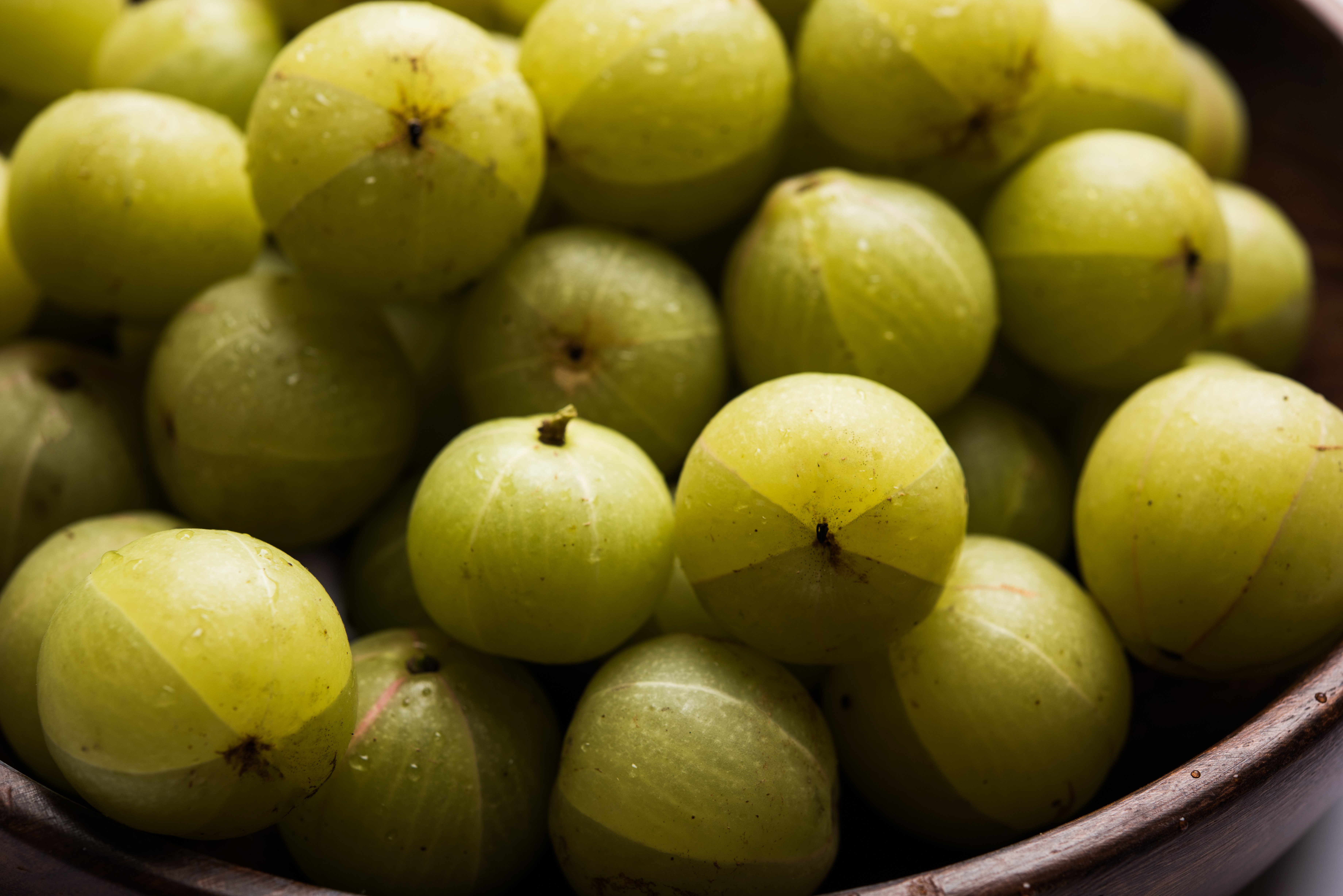
Amla has been a staple in Ayurvedic medicine for centuries—and modern science is catching up. Rich in vitamin C and potent polyphenols, this small green fruit has been shown to significantly reduce total and LDL cholesterol while increasing HDL. Amla also improves endothelial function and reduces oxidative stress, making it a triple threat for heart health. Consume it as juice, powder, or candied slices (unsweetened, ideally). Its sour punch takes getting used to, but the vascular payoff is worth it. If you’re looking for a natural, time-tested cholesterol regulator, amla delivers with precision.
31. Mustard Greens: Peppery Leaves That Pack a Punch

Mustard greens aren’t just a side dish—they’re a cholesterol-lowering powerhouse. Loaded with glucosinolates and fiber, these peppery leaves support liver detoxification and help sweep LDL cholesterol from the bloodstream. They’re also high in folate and vitamin K, both crucial for vascular health. Sauteed, stir-fried, or blended into soups, mustard greens provide bold flavor and bold benefits. Their bitterness isn’t a drawback—it’s an indicator of their dense phytochemical profile. In the battle for better cholesterol, mustard greens are an underrated soldier—especially when you want your meals to work as hard as your medicine cabinet.
32. Barley Grass: Young Blades, Big Benefits

Barley grass—harvested before the grain matures—is a chlorophyll-rich supergreen loaded with soluble fiber, antioxidants, and trace minerals. It’s particularly high in beta-glucans, which bind cholesterol in the digestive tract and promote excretion. Barley grass also supports liver function and helps reduce triglyceride levels. Available as a powder or juice, it blends easily into smoothies or water. While it may not be a culinary staple, it’s a daily ritual in many wellness routines for a reason. If you’re looking to upgrade your cholesterol game with greens, this young grass delivers big-leaf energy in a small scoop.
33. Cocoa (Raw Cacao): Bittersweet Bliss for Arteries
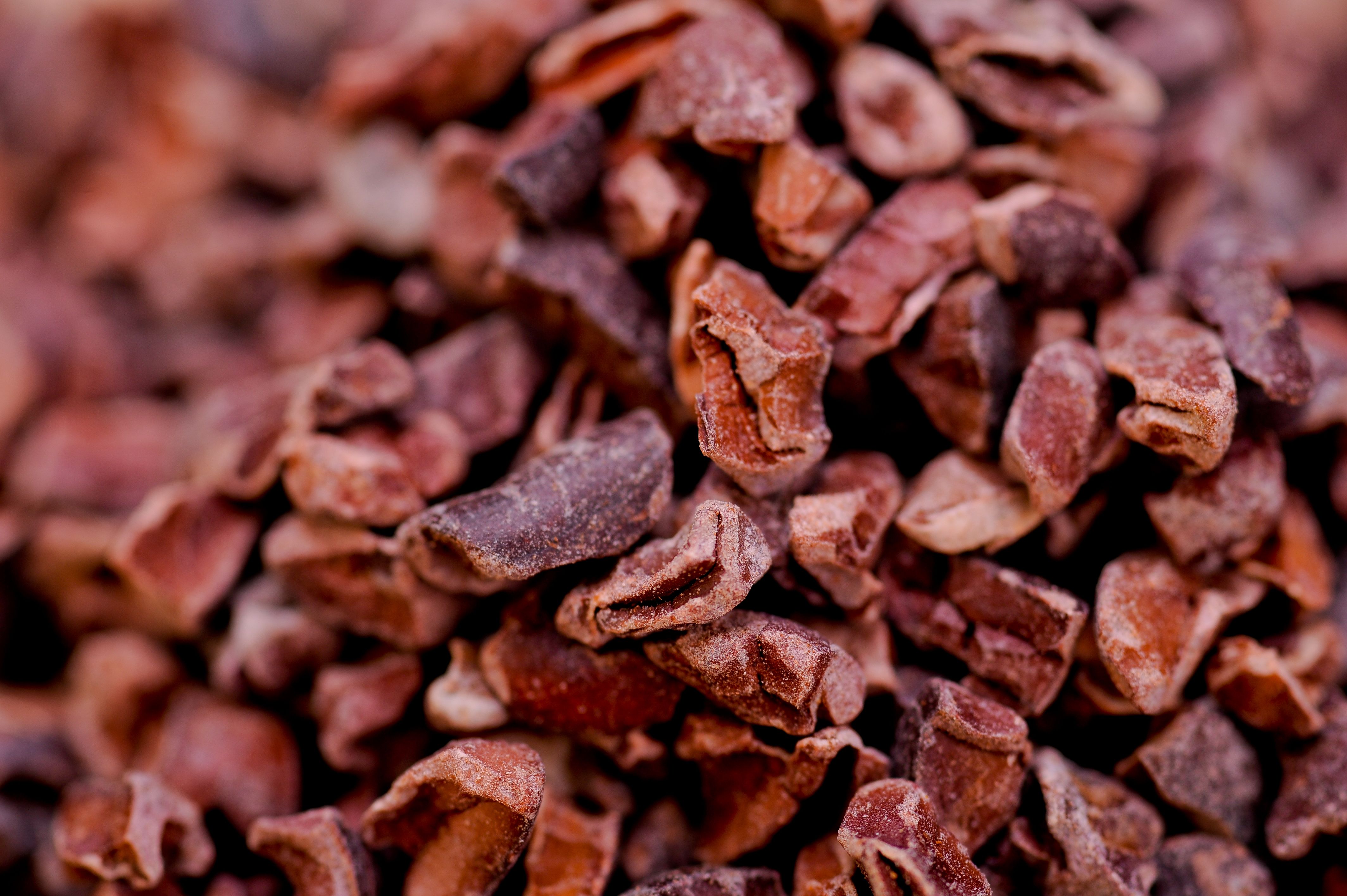
Raw cacao—the unprocessed form of cocoa—isn’t just an indulgence; it’s a cardiovascular ally. Rich in flavanols, cacao improves endothelial function, reduces LDL oxidation, and may modestly increase HDL levels. It also lowers inflammation and supports nitric oxide production for better circulation. Skip sugary chocolate bars—opt for raw cacao powder in smoothies, oatmeal, or even savory mole sauces. Its bitter edge is the price of purity, and your arteries will thank you. Used wisely, cacao is both pleasure and prevention—proof that heart-healthy habits can taste decadent too.
34. Lotus Root: Crunchy Circulation Support
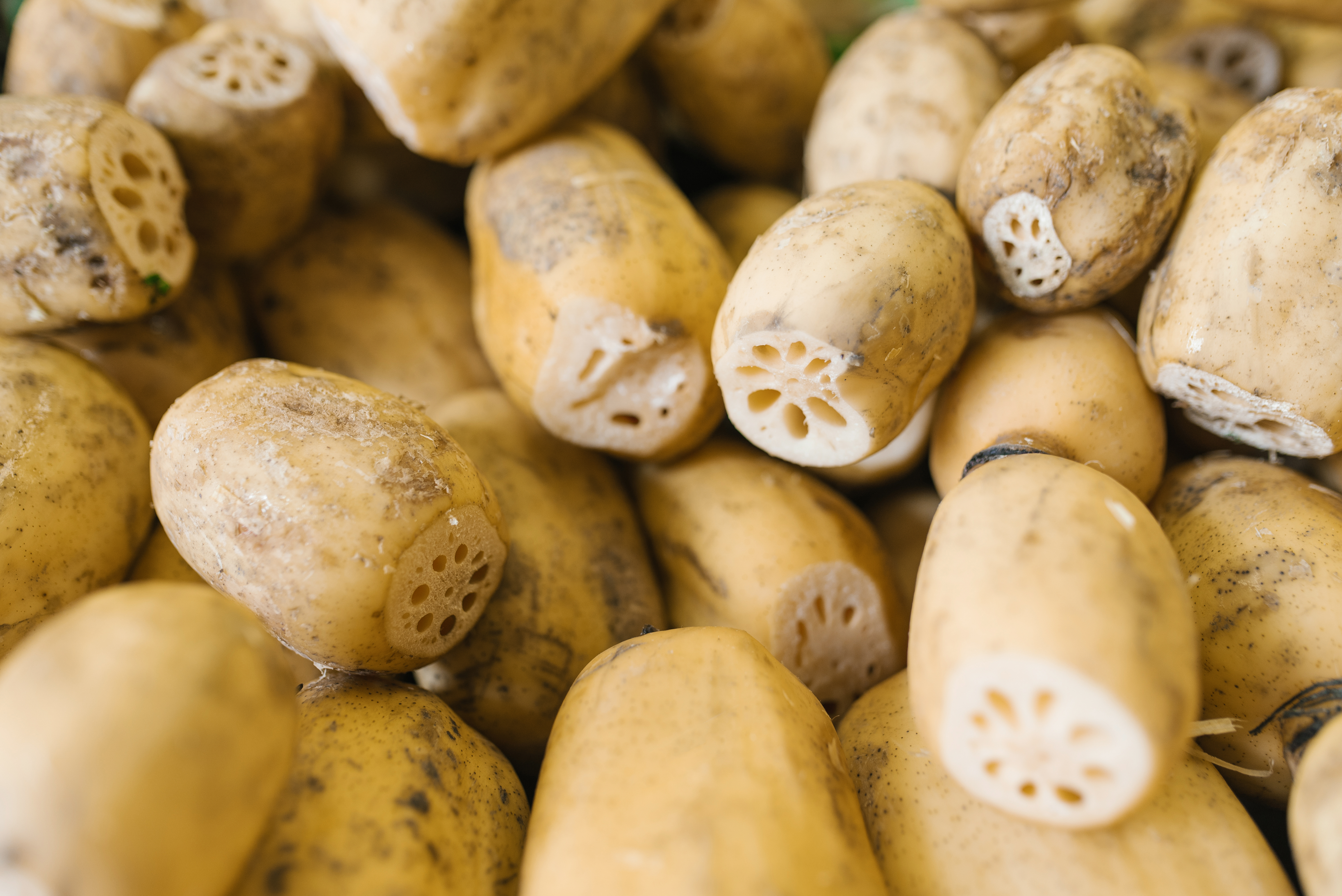
Lotus root, a staple in Asian cuisine, is rich in soluble fiber, potassium, and polyphenols that support cardiovascular health. Its unique fiber content binds to bile acids in the gut, reducing cholesterol absorption and promoting excretion. The potassium helps regulate blood pressure, while its antioxidant properties protect arterial walls from oxidative damage. Mildly sweet and satisfyingly crunchy, lotus root can be stir-fried, braised, or steamed for a nourishing side dish. Its beautiful appearance is a bonus—but its real charm is in how effectively it supports both cholesterol control and circulatory function.
35. Hemp Seeds: The Plant Protein Powerhouse
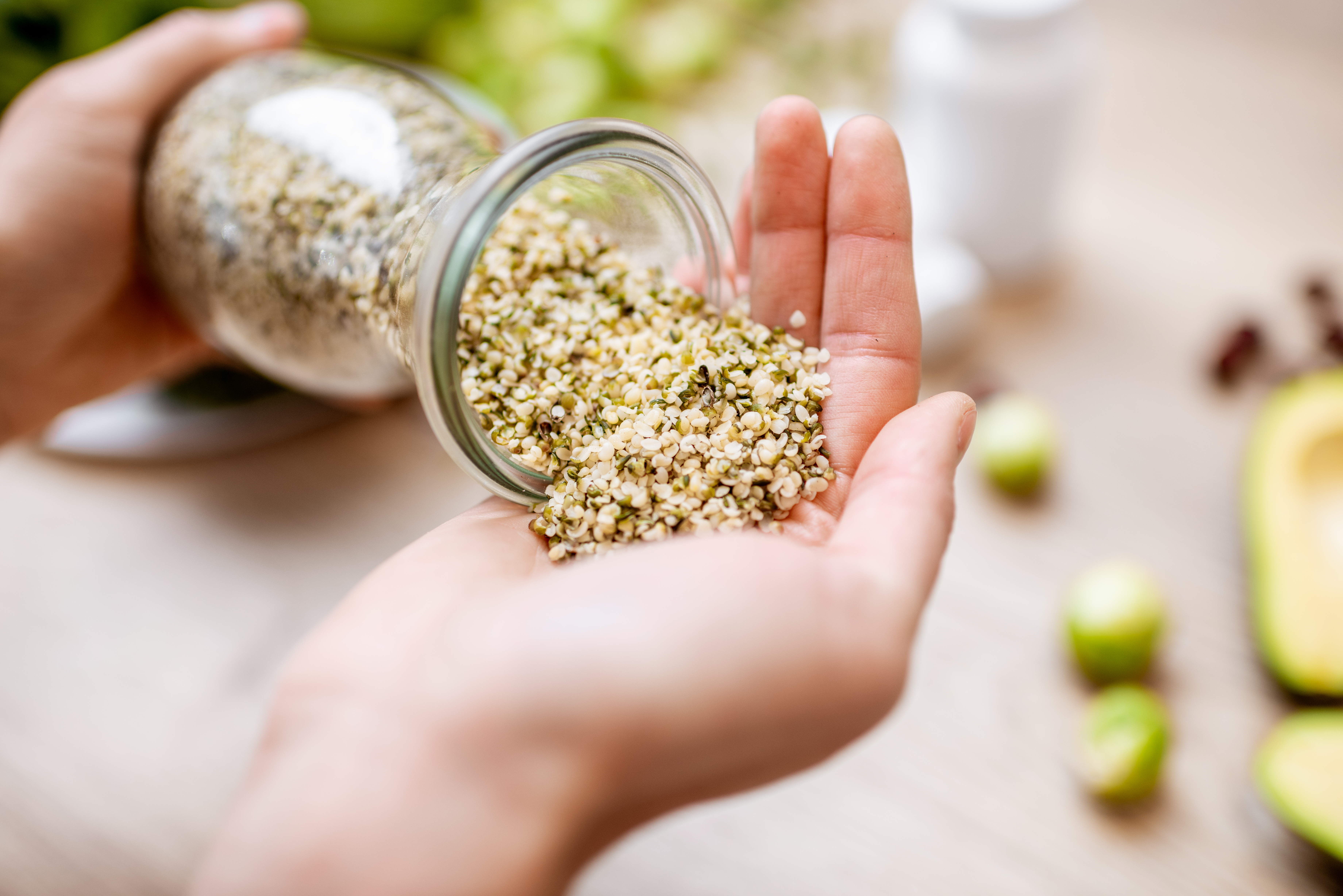
Hemp seeds offer the perfect balance of omega-3 and omega-6 fatty acids, crucial for reducing inflammation and improving cholesterol profiles. They're also high in plant-based protein and gamma-linolenic acid (GLA), which supports arterial health and hormone balance. Their nutty flavor makes them easy to sprinkle on salads, blend into smoothies, or mix into yogurt. Unlike flax, they don’t require grinding to unlock nutrients. Regular consumption has been linked to lower triglyceride levels and improved HDL-to-LDL ratios. These tiny seeds are a big win for anyone seeking heart-smart, anti-inflammatory nutrition in every bite.
36. Carob: The Sweet Swap with Heart Benefits
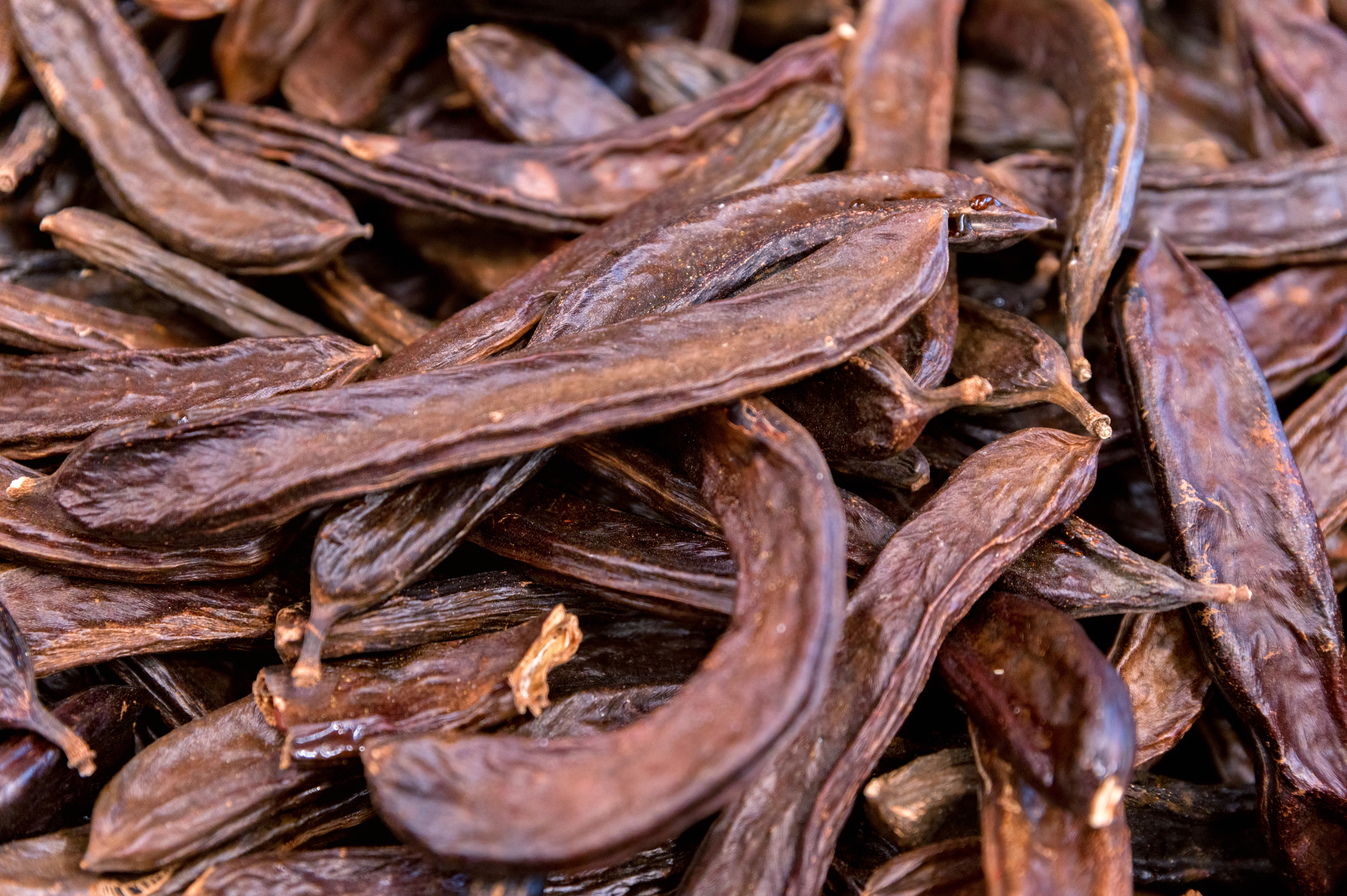
Carob, often used as a caffeine-free alternative to chocolate, is more than just a substitute—it’s a cholesterol-friendly superfood in its own right. Rich in insoluble fiber and polyphenols, carob helps reduce LDL cholesterol and supports healthy digestion. It contains no stimulants and is naturally low in fat and sodium. Carob powder can be added to baked goods or smoothies, offering a subtly sweet, earthy flavor. Its tannin content may help bind bile acids, further reducing cholesterol reabsorption. For those with a sweet tooth, carob offers a satisfying and heart-smart alternative to traditional desserts.
37. Okra: The Mucilaginous LDL Magnet
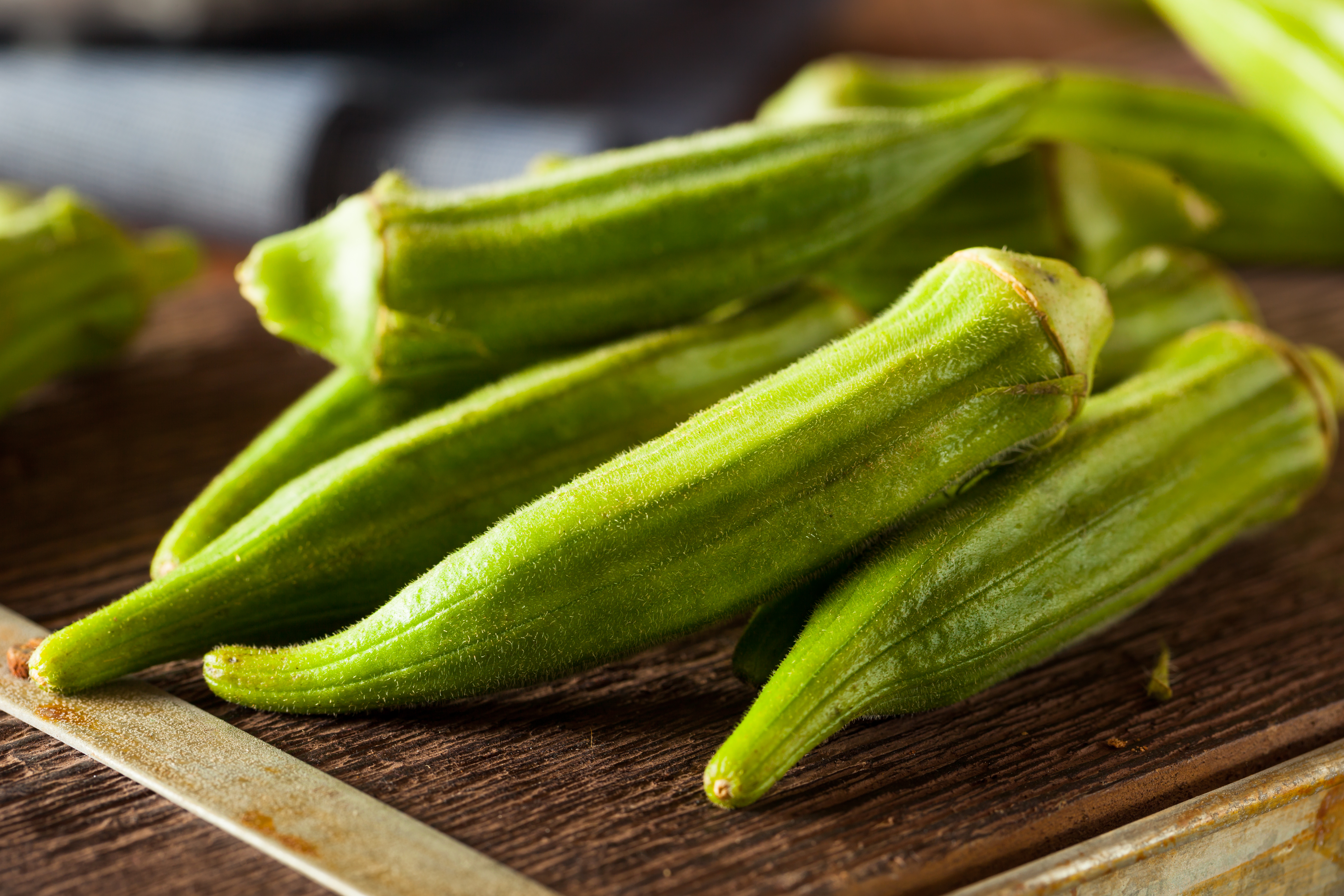
Slimy in the best possible way, okra contains mucilage—a gel-like soluble fiber that traps cholesterol in the gut and promotes its excretion. It’s also rich in magnesium and antioxidants that support overall cardiovascular health. This Southern favorite can be roasted, sautéed, or added to stews and soups. Research shows regular okra intake may lower total cholesterol and improve insulin sensitivity, making it ideal for those managing both heart health and blood sugar. Don’t underestimate its slippery texture—it’s doing serious work behind the scenes to protect your arteries.
38. Black Rice: The Forbidden Antioxidant Grain
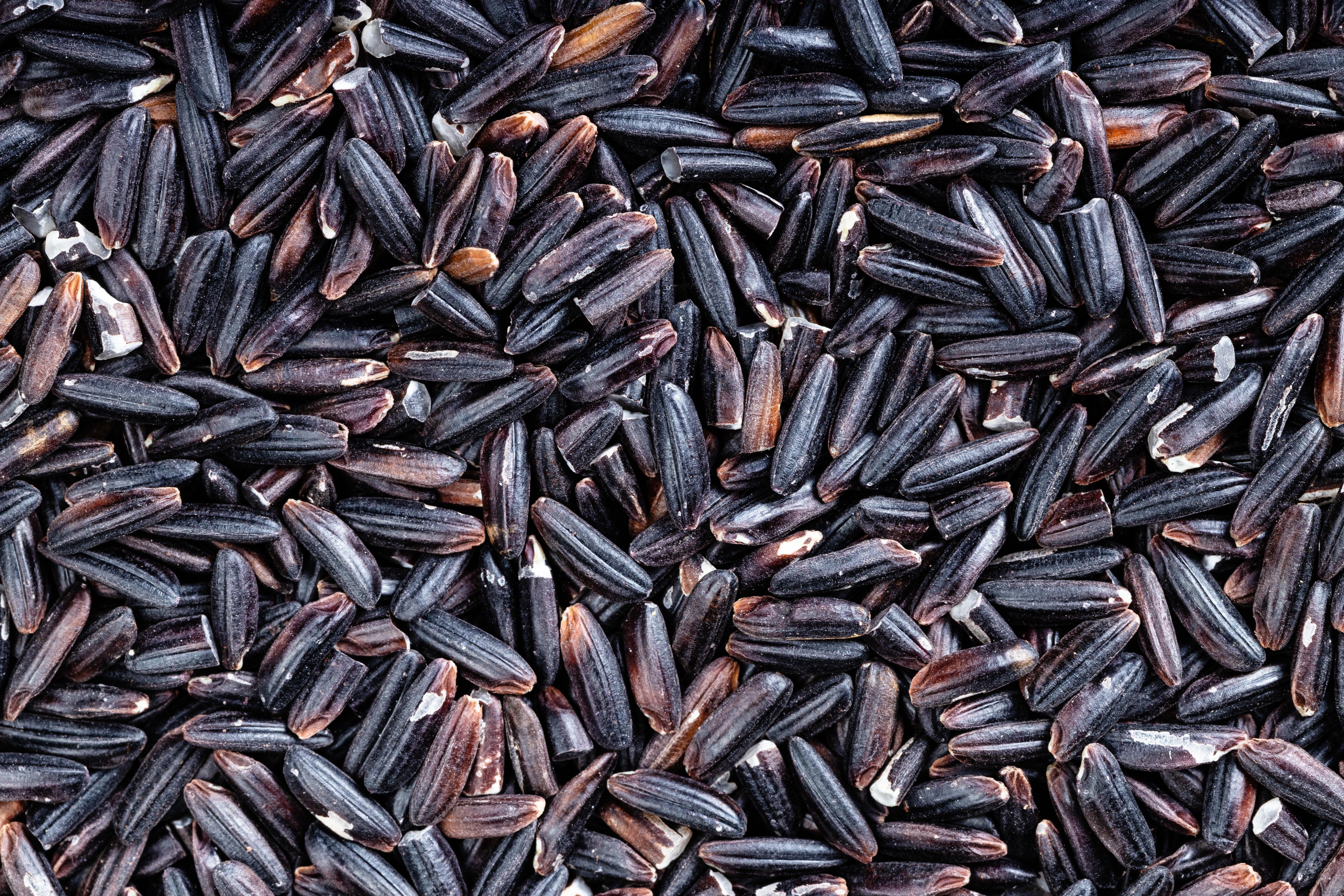
Once reserved for Chinese royalty, black rice earns its "forbidden" nickname—and its superfood status. It’s rich in anthocyanins, the same antioxidants found in blueberries, which help reduce LDL oxidation and protect arterial health. High in fiber and naturally gluten-free, black rice slows digestion and supports balanced blood sugar, both crucial for maintaining healthy cholesterol. With a deep, nutty flavor and dramatic color, it’s a visually stunning, nutrient-dense alternative to white rice or refined grains. Use it in grain bowls, stir-fries, or salads when you want your meals to make a bold, heart-smart statement.
39. The Bold Flavor and Heart Benefits of Pomegranate
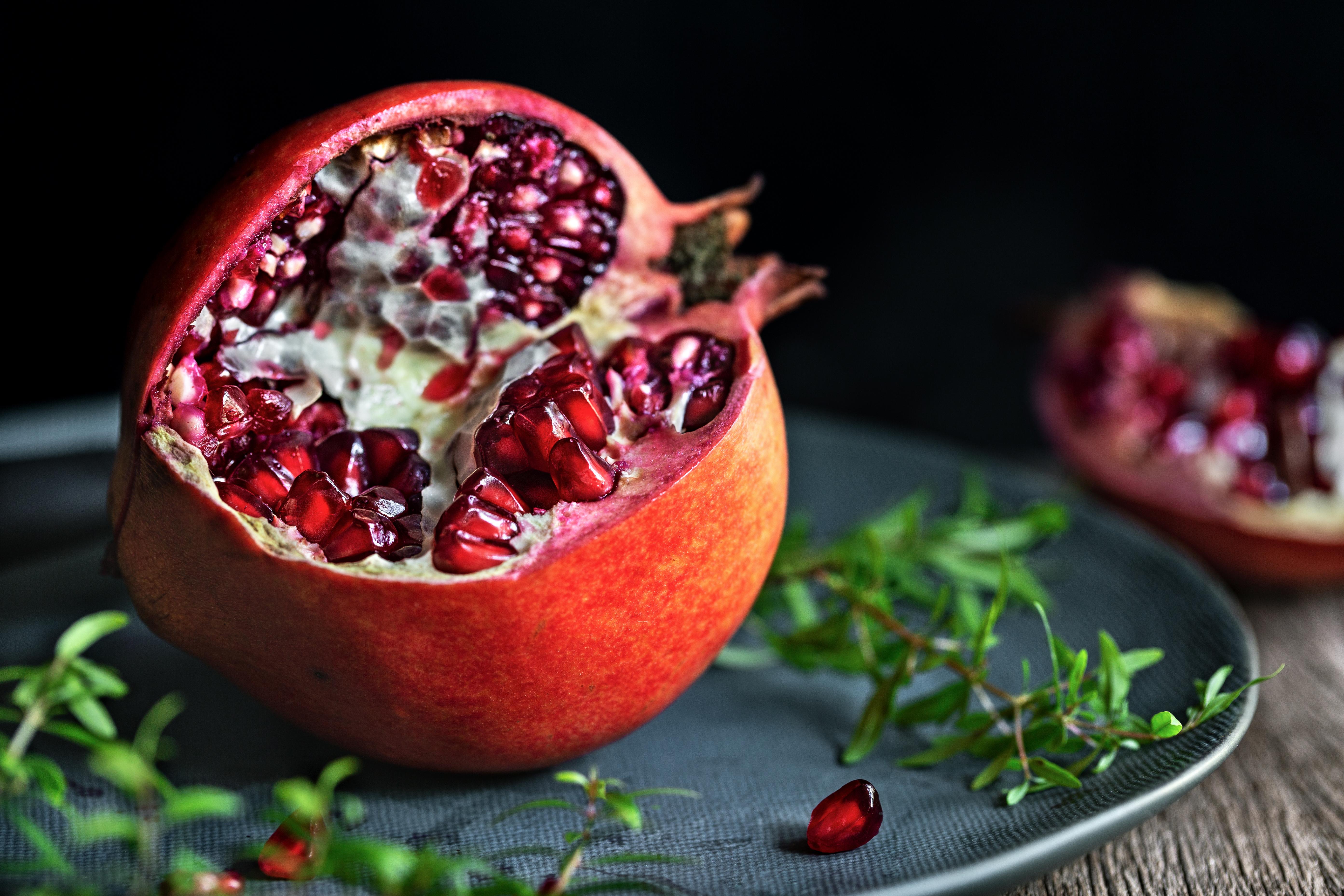
Pomegranate is a powerful ally in the fight against high cholesterol, thanks to its high concentration of antioxidants and polyphenols. These compounds, especially punicalagins, are more potent than those found in green tea or red wine. They actively combat oxidative stress and prevent the oxidation of LDL ("bad") cholesterol, a crucial step in the formation of arterial plaque. Pomegranate juice has also been shown to reduce blood pressure and improve blood flow. Adding the arils to salads, yogurt, or simply enjoying a glass of pure, unsweetened juice can be a delicious way to support your cardiovascular system.
40. The Sweet and Tart Power of Tart Cherries
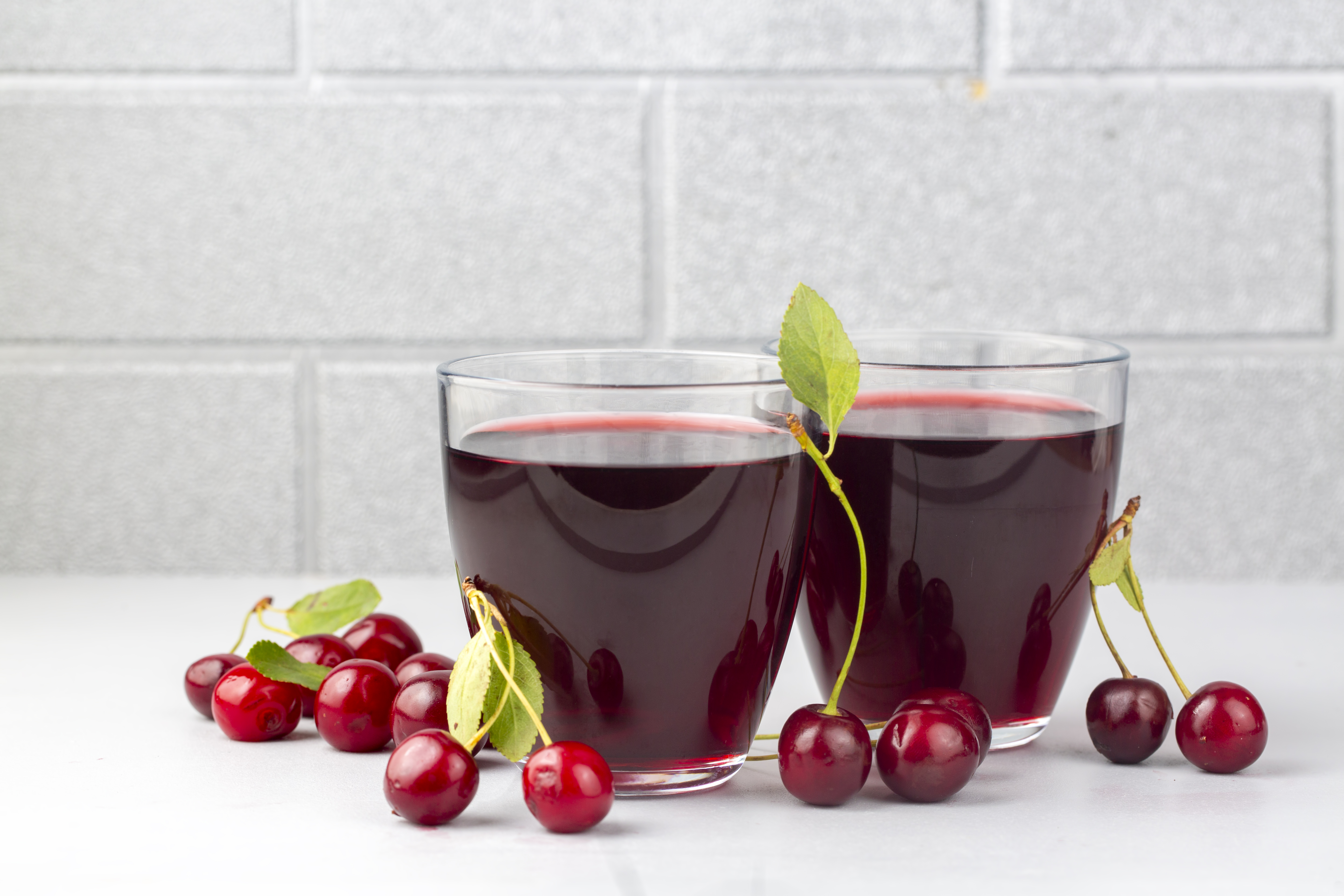
Beyond their role in soothing inflammation and aiding sleep, tart cherries are surprisingly effective at improving cholesterol levels. Rich in a powerful class of antioxidants called anthocyanins, tart cherry juice has been shown in studies to significantly reduce total and LDL cholesterol. These compounds help combat oxidative stress and inflammation, which are key drivers of atherosclerosis. They also help improve blood vessel function and support a healthier lipid profile. A small serving of tart cherry juice or dried cherries can be a delicious, daily habit that quietly works to protect your heart.
41. The Spicy Metabolism Boost of Cayenne Pepper
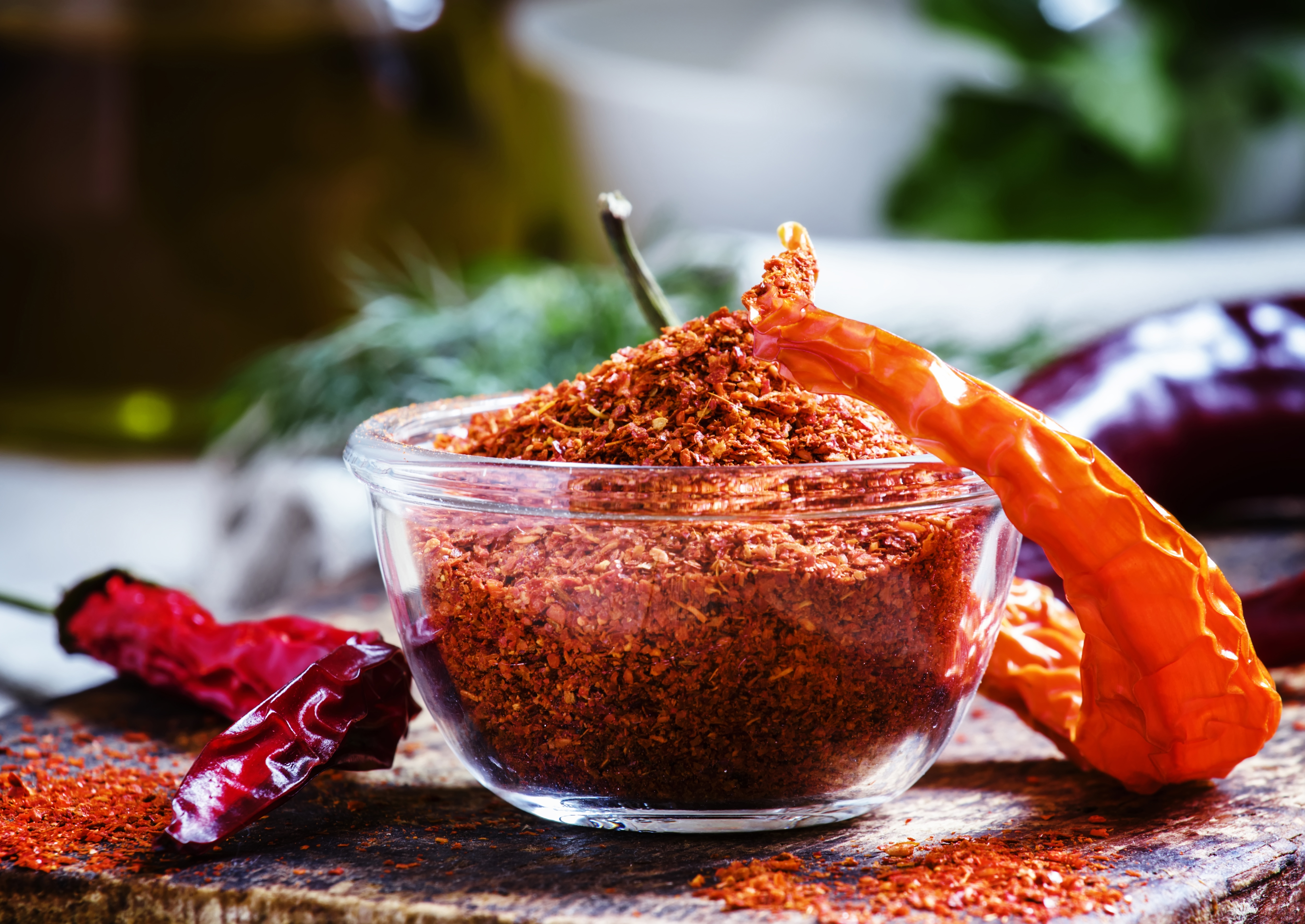
A little-known secret to managing cholesterol is harnessing the power of capsaicin, the compound that gives cayenne pepper its heat. Capsaicin has been shown to support healthy cholesterol levels by improving metabolism and influencing the body's lipid-regulating enzymes. It may also help increase circulation and reduce the formation of arterial plaque. Adding a pinch of cayenne pepper to your meals, sauces, or even a glass of warm lemon water can provide a surprising metabolic boost that helps keep your arteries clear and your heart in great shape.
42. The Unassuming Fiber and Antioxidants of Psyllium Husk
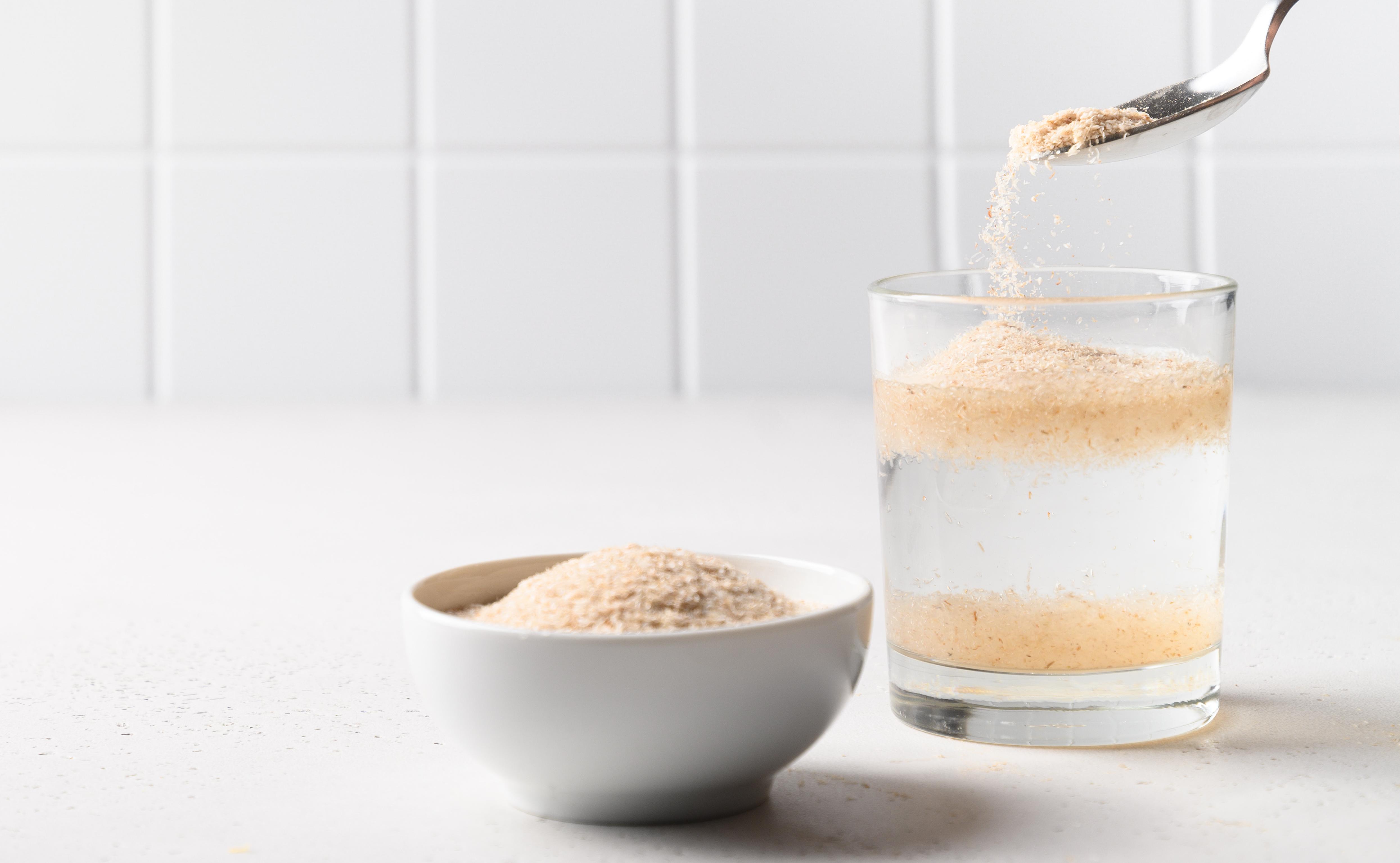
Psyllium husk, a form of soluble fiber often used as a laxative, is an incredibly effective tool for lowering cholesterol. The soluble fiber creates a gel in the digestive tract that traps bile acids—which are made from cholesterol—and helps remove them from the body. This forces the liver to pull more cholesterol from the bloodstream to create new bile acids, thereby lowering your LDL levels. Psyllium is also a prebiotic, supporting a healthy gut microbiome, which is now understood to be critical for overall metabolic health.
43. The Gut-Healing and Cholesterol-Lowering Magic of Konjac Root
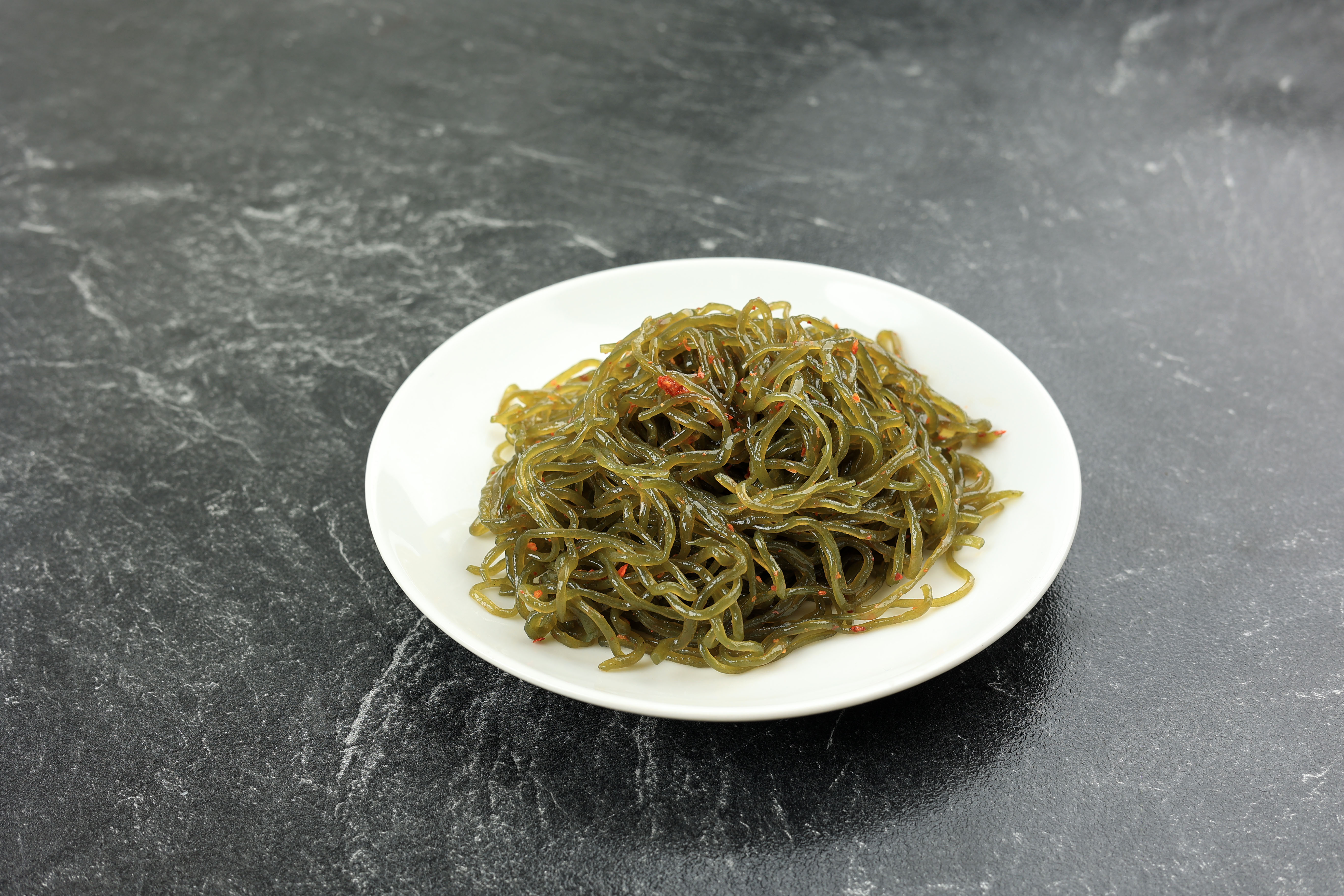
Konjac root, a staple in Asian cuisine, is a superfood with a unique cholesterol-lowering compound called glucomannan. This highly viscous soluble fiber has been shown to be exceptionally effective at trapping cholesterol and bile acids in the gut, preventing their absorption and promoting their excretion. When consumed, glucomannan expands and creates a feeling of fullness, which can also aid in weight management. Available in flour, noodles, or supplements, konjac root provides a powerful, calorie-free way to reduce LDL cholesterol and support a healthy weight.
44. Sacha Inchi Seeds: The Peruvian Omega-3 Powerhouse
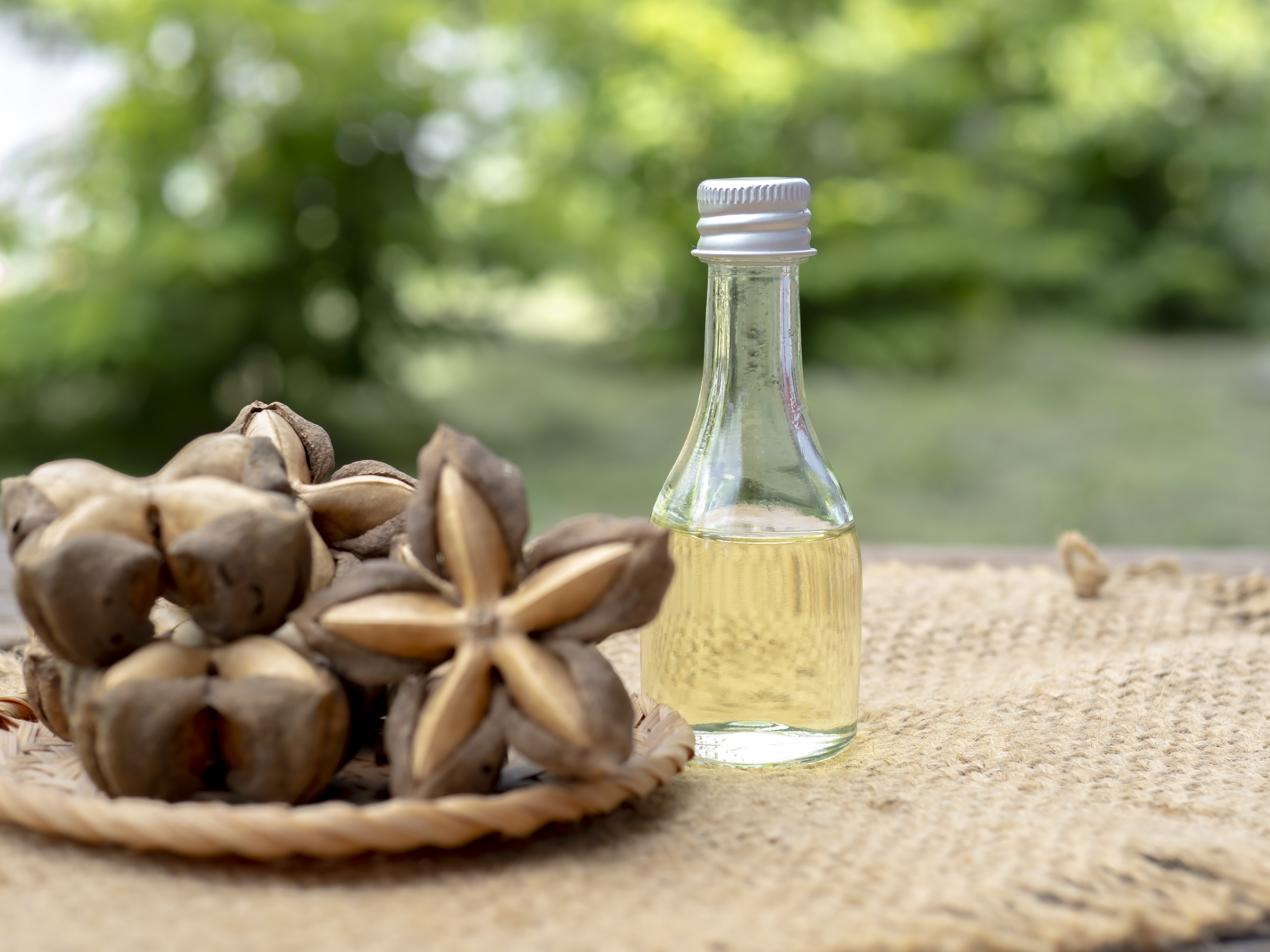
Move over, chia and flax! Sacha inchi seeds, often called "Inca peanuts," are an incredible, lesser-known source of plant-based omega-3 fatty acids, specifically alpha-linolenic acid (ALA). These crunchy seeds contain a perfect balance of omega-3s and omega-6s, which are crucial for reducing inflammation and improving cholesterol profiles. The unique composition of sacha inchi has been shown to lower LDL (bad) cholesterol while simultaneously raising HDL (good) cholesterol, making them a dual-action weapon for heart health. Their nutty flavor and satisfying crunch make them a fantastic addition to trail mixes, salads, or ground into a powder for smoothies.
45. The Humble Almond: A Cholesterol-Lowering Crunch
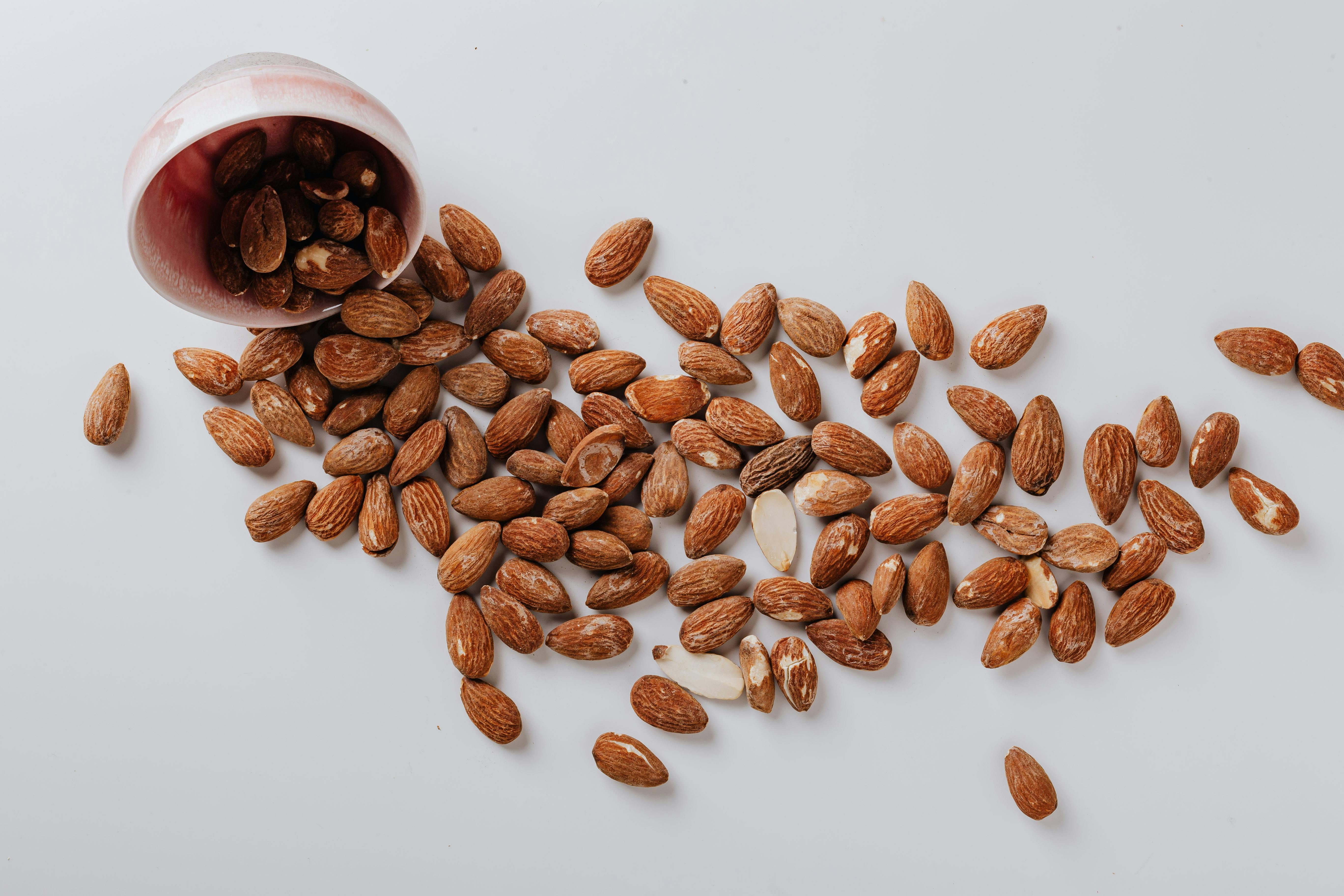
While nuts like walnuts get the spotlight, the simple almond is an unsung hero in the fight against high cholesterol. A handful a day can make a significant difference. Almonds are rich in monounsaturated fats, which are known to reduce LDL cholesterol, and a potent dose of Vitamin E, a powerful antioxidant that protects arteries from oxidative damage. The combination of healthy fats, fiber, and plant sterols in almonds works synergistically to lower total cholesterol and improve lipid profiles. They're a convenient, tasty snack that provides sustained energy and delivers a substantial cardiovascular benefit in every bite.
46. Kefir: The Fermented Friend to Your Arteries
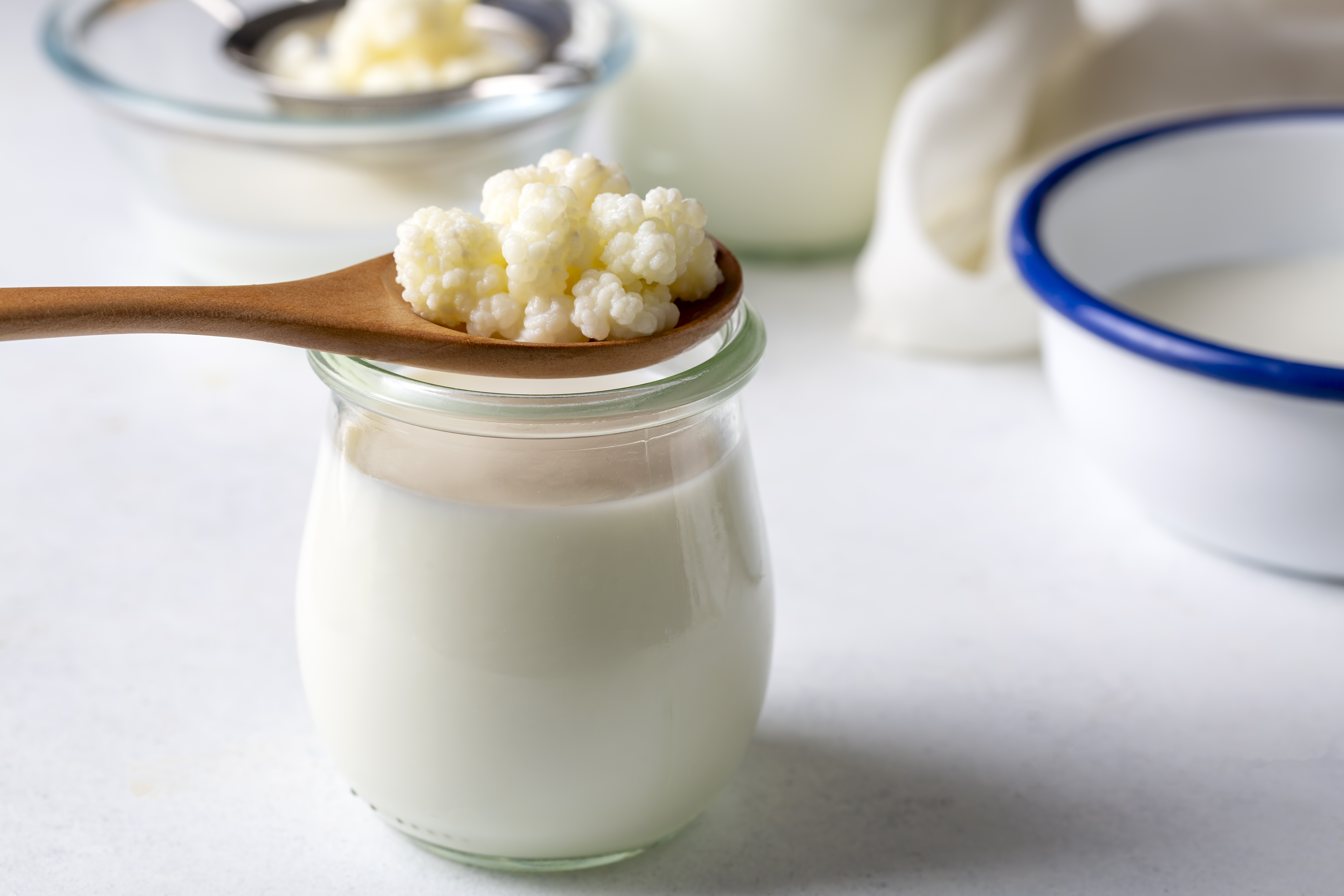
When we think of heart health, we often focus on solid foods, but fermented beverages like kefir deserve a place on the list. This tangy, probiotic-rich drink is packed with beneficial bacteria that can indirectly support cholesterol management. A healthy gut microbiome plays a crucial role in lipid metabolism, and the probiotics in kefir help regulate this process. Some studies suggest that the specific peptides formed during the fermentation of milk can bind to cholesterol in the gut, preventing its absorption. Swapping your morning glass of milk for kefir is a simple yet powerful change that supports both gut and heart health.
47. Dried Apricots: Sweet, Portable, and Heart-Smart
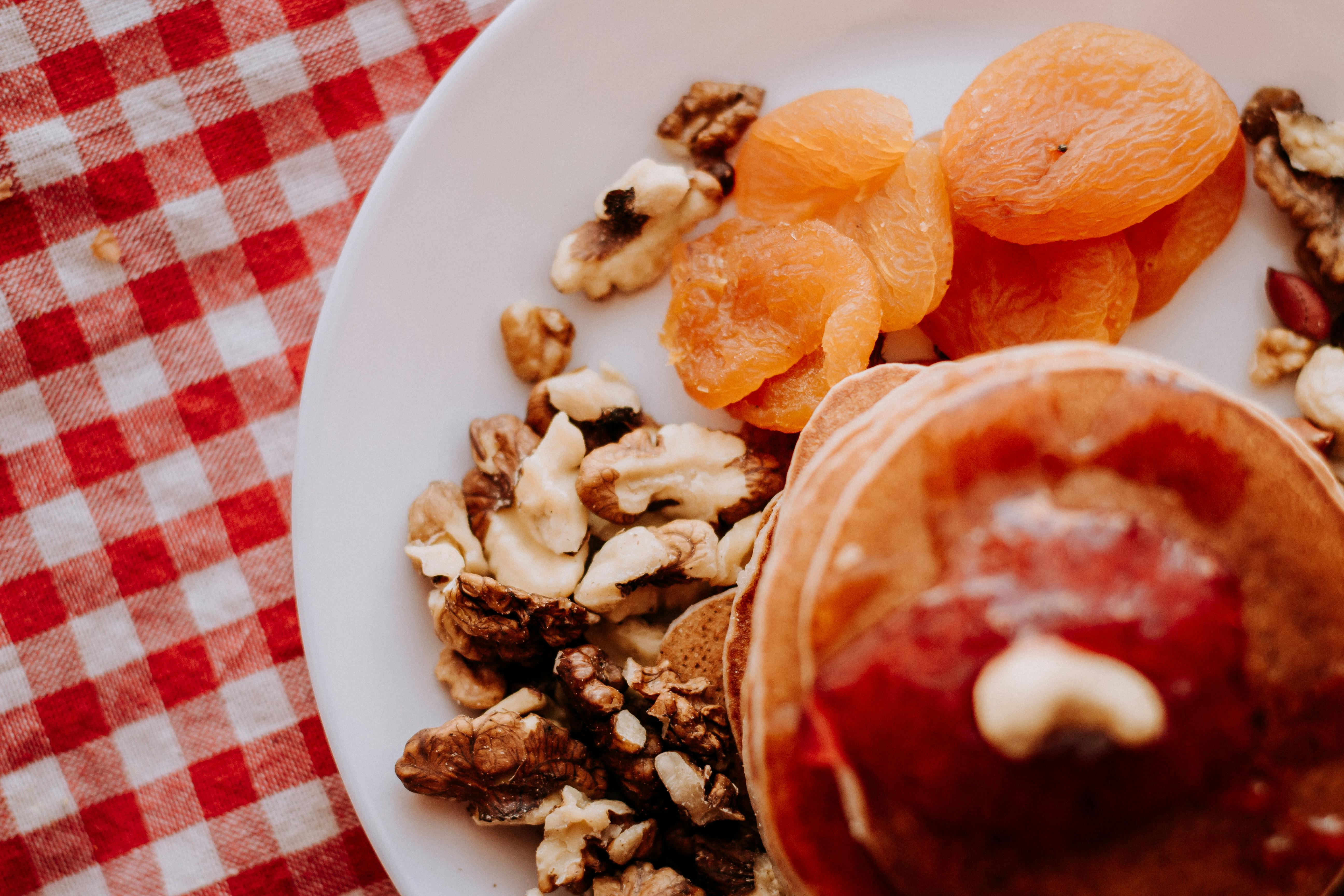
Think of dried apricots as a secret weapon for cholesterol control. These chewy fruits are surprisingly rich in soluble fiber, which forms a gel-like substance in the gut that binds to cholesterol and bile acids, ushering them out of the body. They also provide a generous dose of potassium, a mineral vital for maintaining healthy blood pressure and reducing the strain on your cardiovascular system. Unlike many processed snacks, dried apricots are naturally sweet and don't come with added sugars. They're a convenient and delicious way to get a fiber boost and support a healthy heart on the go.
48. Lentil Sprouts: A Germinated Boost for Your Heart
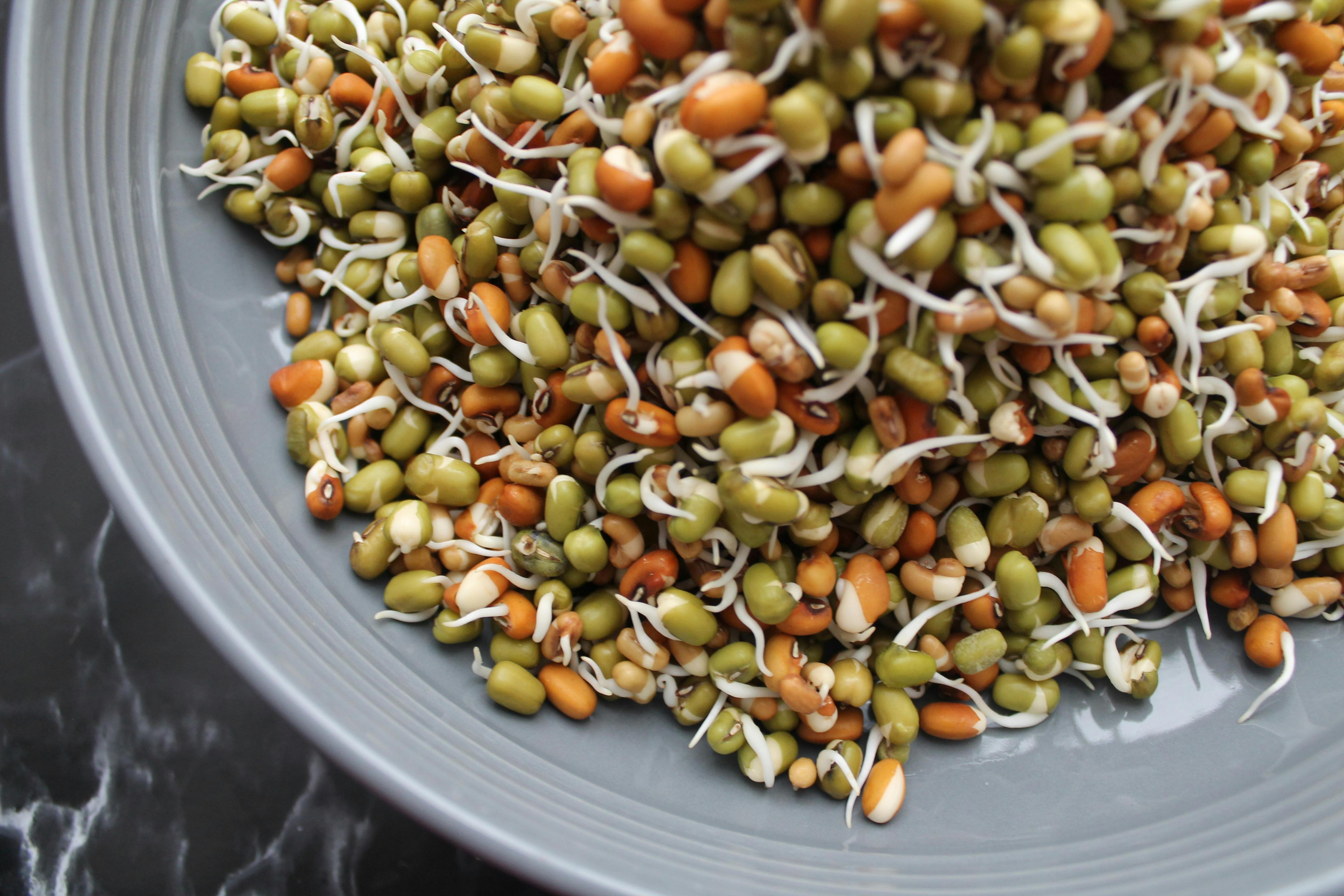
Lentil sprouts are a great way to supercharge the cholesterol-lowering power of regular lentils. The sprouting process increases the bioavailability of nutrients, including soluble fiber and a range of antioxidants. This fiber content helps trap cholesterol in the digestive tract, preventing its absorption into the bloodstream. In addition, the sprouting process boosts levels of isoflavones, which have been linked to improved lipid profiles. Lentil sprouts are crunchy, fresh, and can be tossed into salads, sandwiches, or even stir-fries, offering a nutrient-dense alternative that is gentle on digestion and powerful for your heart.
49. Black Bean Noodles: The Savory Fiber Surprise
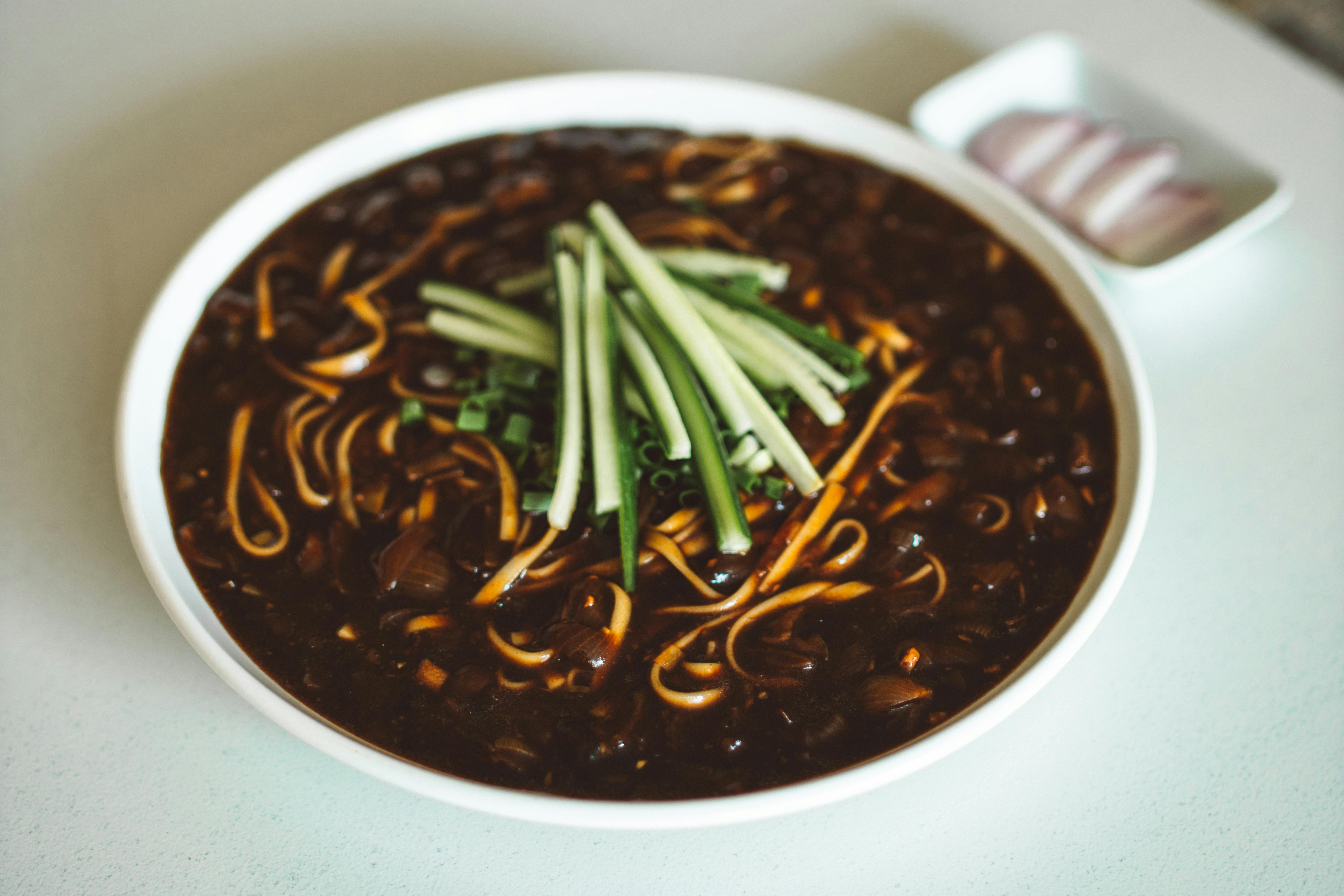
Black bean noodles are an ingenious, gluten-free alternative to traditional pasta, and they're a cholesterol-lowering powerhouse. Made entirely from black beans, they deliver a massive dose of soluble fiber with every serving, which is crucial for binding to and sweeping bad LDL cholesterol out of your system. Unlike typical refined pasta, which can spike blood sugar, black bean noodles have a low glycemic index and are rich in plant-based protein, helping you feel full and satisfied. Their earthy flavor and satisfying chew make them a perfect base for sauces, or they can be simply tossed with olive oil and vegetables for a quick, heart-smart meal.
50. Endive: The Bitter Leaf That Cleans Your System

Endive is more than just a fancy salad leaf; it's a potent digestive and cholesterol-regulating tool. Its signature bitterness comes from a compound called intybin, which stimulates bile production in the liver. Bile acids, made from cholesterol, are essential for fat digestion. By stimulating their production, endive encourages your body to use up more cholesterol, effectively lowering your blood levels. Endive is also rich in inulin, a type of prebiotic fiber that feeds beneficial gut bacteria, further supporting overall metabolic health. Add its crisp, slightly bitter leaves to salads or use them as low-carb scoops for dips.
51. Tiger Nuts: The Tuber That's Not a Nut
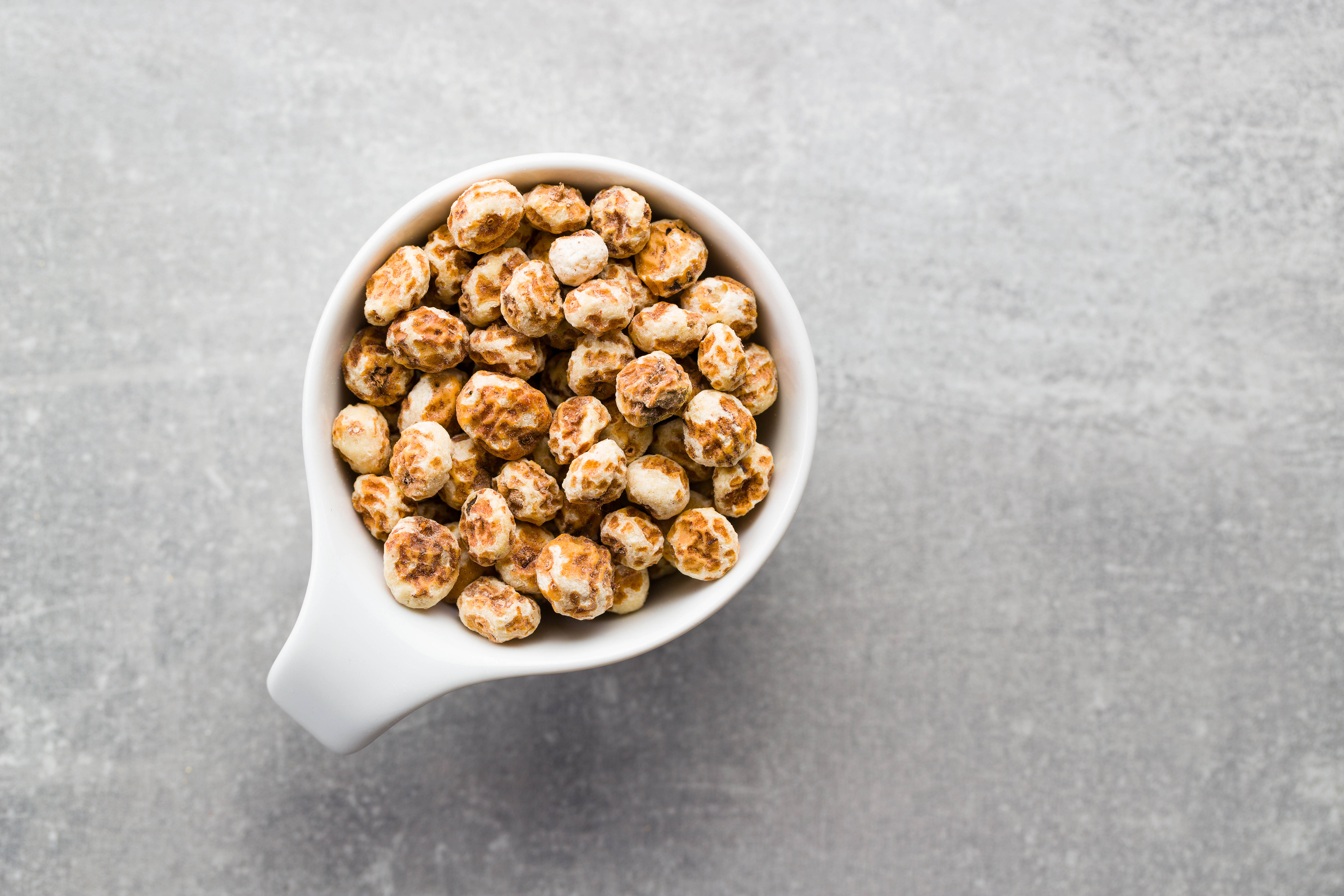
Despite their name, tiger nuts are not nuts at all but small, wrinkled tubers with a subtly sweet, nutty flavor. They are a cholesterol-fighter's secret weapon because of their incredibly high resistant starch content. This special type of fiber acts like a prebiotic, feeding healthy gut bacteria and creating short-chain fatty acids that may help lower cholesterol production in the liver. Tiger nuts also contain heart-healthy monounsaturated fats and essential minerals like magnesium and potassium, which support healthy blood pressure. Enjoy them as a crunchy snack, soaked in water to soften, or as a flour alternative in baking.
52. Guava: The Tropical Cholesterol Buster

Often overlooked in favor of more common fruits, guava is a tropical gem with significant cardiovascular benefits. Its leaves and fruit are packed with soluble fiber and phytochemicals like lycopene and quercetin, which work together to reduce bad LDL cholesterol and triglycerides. In fact, studies have shown that consuming guavas, particularly with the skin and seeds, can lead to a notable drop in total cholesterol. The fiber in guava also helps regulate blood sugar, preventing the metabolic stress that contributes to heart disease. Slice the fruit into salads, blend it into smoothies, or steep its leaves to make a cholesterol-friendly tea.
53. Nattō: The Fermented Soybean Superfood
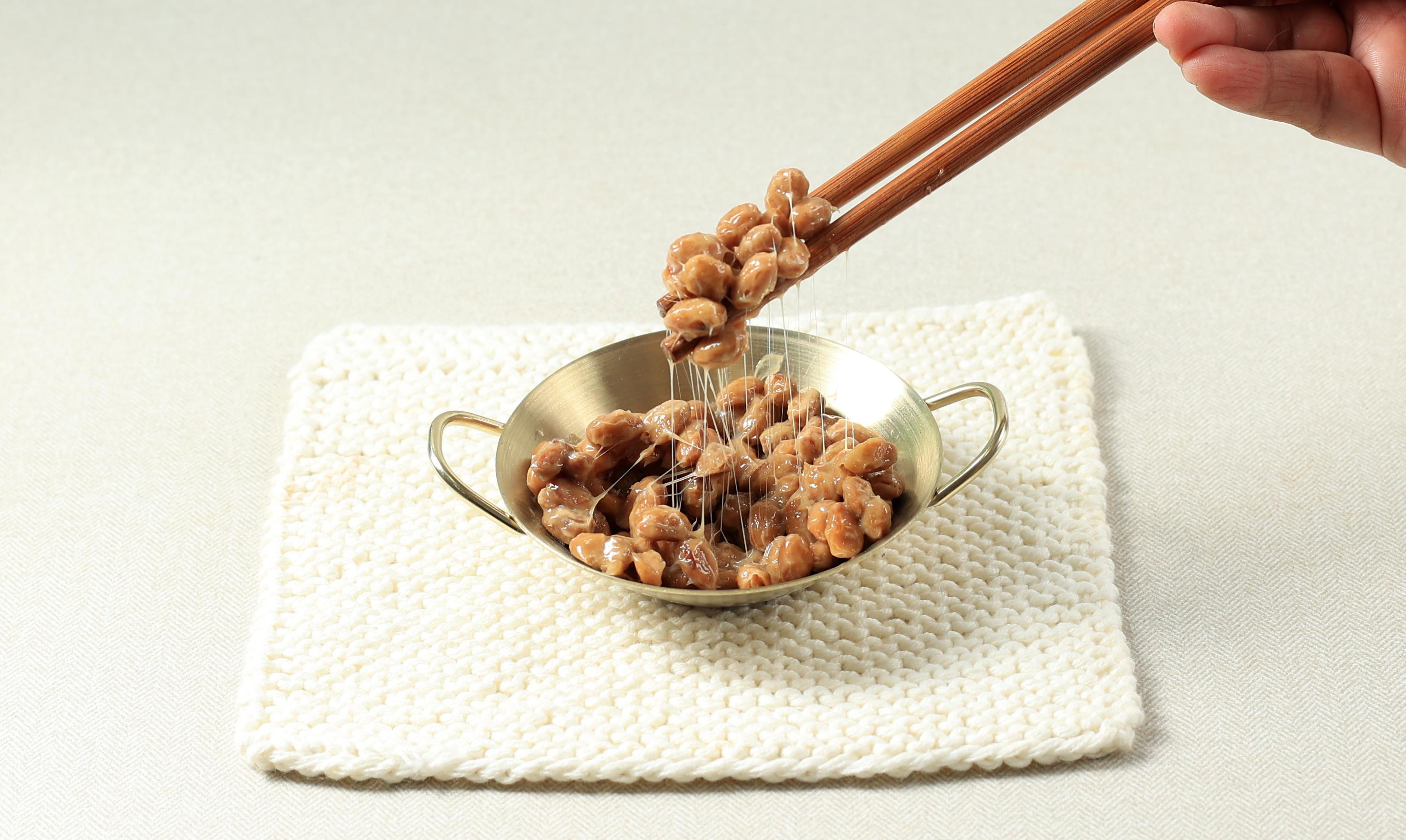
For the adventurous eater, nattō is a truly exceptional food for heart health. This traditional Japanese dish of fermented soybeans has a famously pungent aroma and a sticky, stringy texture. Its cholesterol-lowering power comes from nattokinase, an enzyme produced during fermentation. Nattokinase has been clinically shown to reduce total and LDL cholesterol by preventing arterial plaque from forming and by dissolving existing blood clots, making it a natural blood thinner. While its strong flavor isn't for everyone, even a small amount can deliver powerful benefits, making it one of the most proactive dietary choices for arterial health.
54. Oatmeal: The Beta-Glucan Powerhouse

Oatmeal is more than just a breakfast staple; it's a powerful cholesterol fighter thanks to its high concentration of beta-glucan. This type of soluble fiber dissolves in your gut to form a thick, gel-like substance that acts as a physical sponge, trapping cholesterol-rich bile acids and sweeping them out of the body before they can be reabsorbed. This forces your liver to pull more cholesterol from your bloodstream to produce new bile, which in turn helps lower your LDL ("bad") cholesterol levels. Just one cup of cooked oatmeal can provide a significant portion of your daily soluble fiber needs.
55. Mustard Greens: Peppery Leaves That Pack a Punch

Mustard greens aren't just a side dish—they're a cholesterol-lowering powerhouse. Loaded with glucosinolates and fiber, these peppery leaves support liver detoxification and help sweep LDL cholesterol from the bloodstream. They're also high in folate and vitamin K, both crucial for vascular health. Sautéed, stir-fried, or blended into soups, mustard greens provide bold flavor and bold benefits. Their bitterness isn't a drawback—it's an indicator of their dense phytochemical profile. In the battle for better cholesterol, mustard greens are an underrated soldier—especially when you want your meals to work as hard as your medicine cabinet.
56. Grapefruit: The Naringenin Catalyst
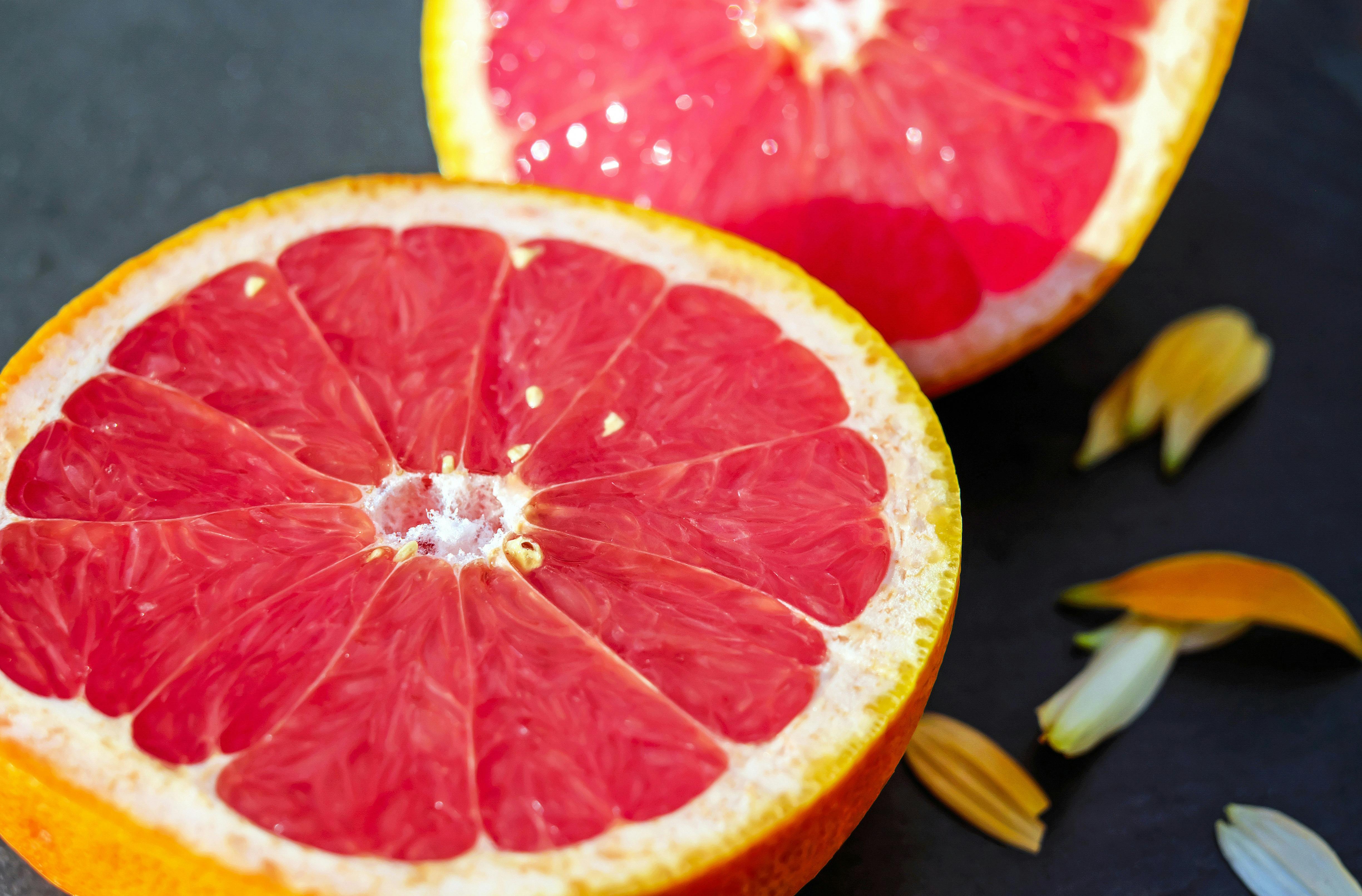
Grapefruit offers a unique cholesterol-lowering benefit due to its high concentration of a specific flavonoid called naringenin. This compound has been shown to improve the body's lipid metabolism by activating an enzyme in the liver that breaks down fatty acids and reduces the synthesis of LDL ("bad") cholesterol. Naringenin also helps protect the arteries from oxidative damage, a key factor in the development of atherosclerosis. However, it's crucial to be aware that naringenin can interfere with the metabolism of certain medications, particularly statins. For those not on such medication, a serving of fresh grapefruit or unsweetened grapefruit juice can be a powerful, tangy addition to a heart-healthy diet.
57. Buckwheat: The Rutin and Soluble Fiber Combo

Buckwheat is a gluten-free pseudo-cereal that is a surprising powerhouse for heart health. Unlike many grains, it contains high levels of rutin, a flavonoid that has been shown in studies to reduce total and LDL cholesterol by improving blood vessel health and preventing oxidative damage. Its soluble fiber content works in a way similar to oats, forming a gel that binds to cholesterol in the digestive tract and helps remove it from the body. Buckwheat is a great addition to your diet in the form of soba noodles, flour for pancakes, or as a hearty grain for porridge and salads, offering a unique dual-action benefit for your cholesterol.
58. Asparagus: The Glutathione and Saponin Suppressor
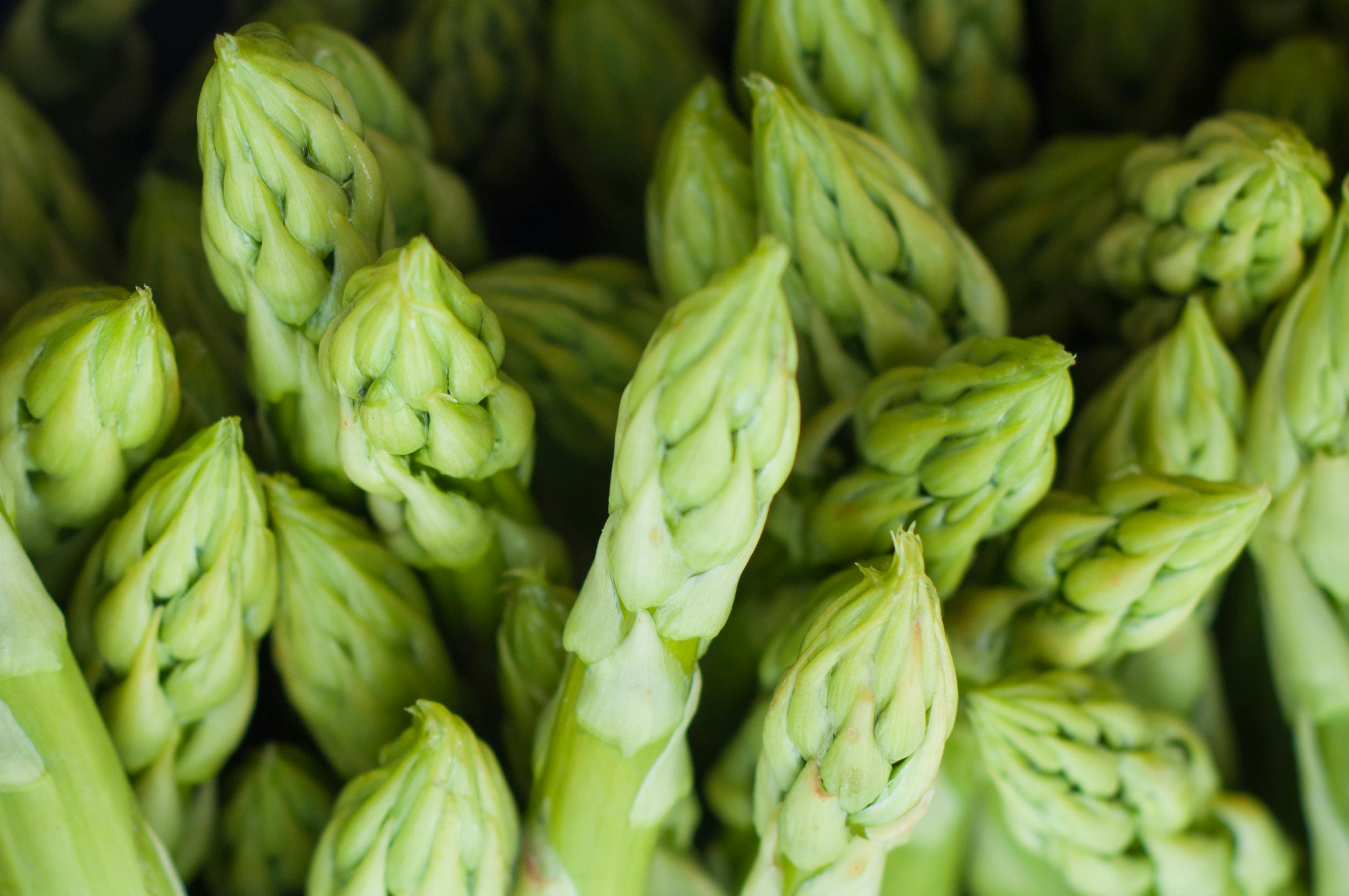
Asparagus is a cholesterol-lowering food that works in a less-common way. It is one of the best vegetable sources of glutathione, a powerful antioxidant that helps the body fight oxidative stress and inflammation, both of which are major drivers of heart disease. More uniquely, asparagus contains saponins, plant compounds that bind to cholesterol and bile acids in the gut, preventing them from being absorbed into the bloodstream. This forces the liver to use more cholesterol from your body's reserves to create new bile, effectively lowering your blood cholesterol levels. Enjoy asparagus roasted, steamed, or grilled for a delicious side dish that is actively working to support your cardiovascular health.
59. Pistachios: The Phytosterol and Lutein Artery Defender
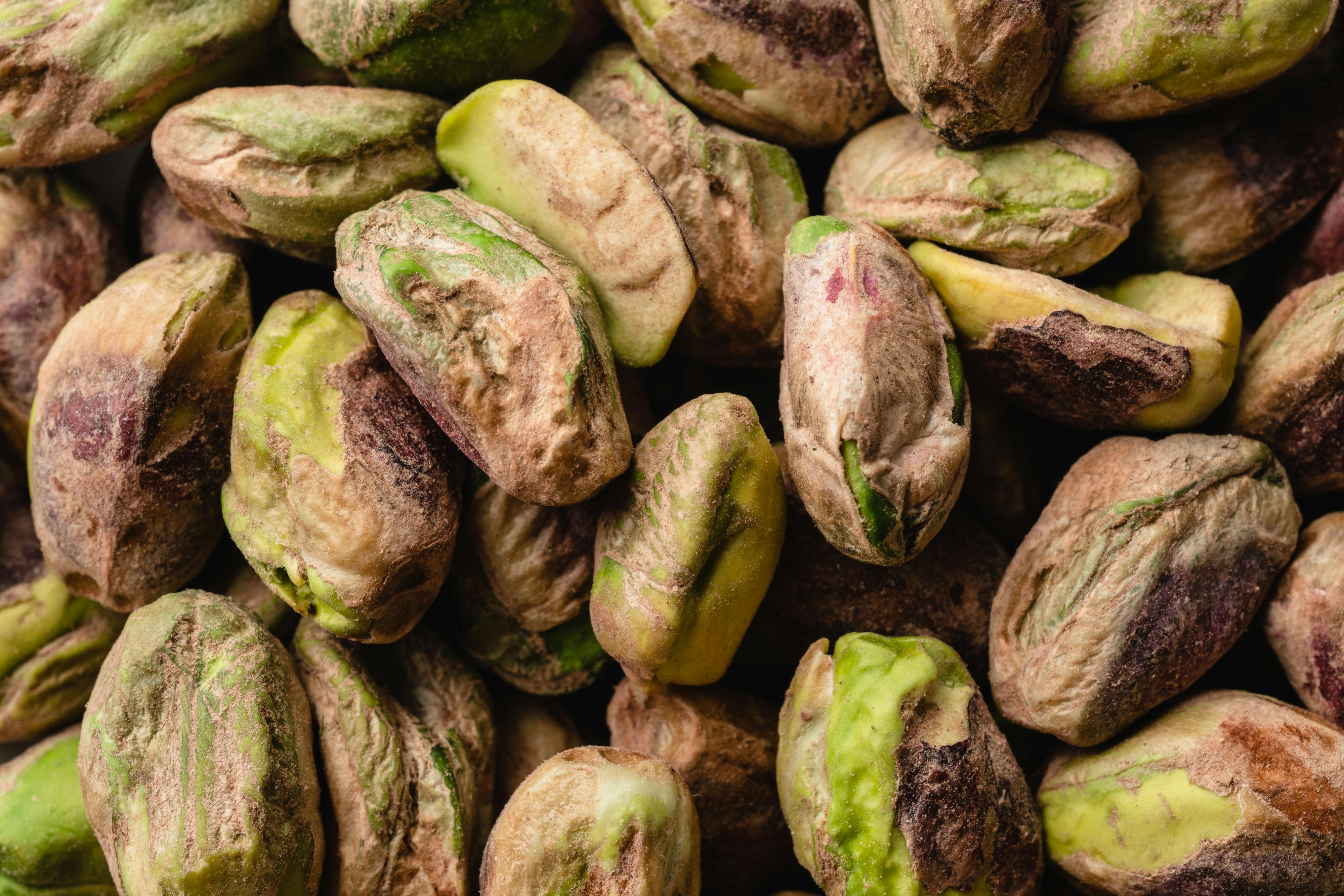
While all nuts are beneficial, pistachios stand out for their exceptional concentration of phytosterols and the carotenoid lutein, making them targeted defenders of artery walls. Phytosterols actively compete with and block the absorption of cholesterol in the gut, which is a classic LDL-lowering mechanism. More uniquely, pistachios are one of the best nut sources of lutein. This antioxidant doesn't just protect the eyes; it integrates into the cells lining the arteries (the endothelium) where it provides a crucial shield against oxidative stress. By protecting the artery wall from the inflammation and damage that allows LDL plaque to stick and build up, pistachios don't just reduce the amount of circulating bad cholesterol—they reduce its ability to do harm, offering both a metabolic and a structural benefit.
60. Brewer's Yeast (Nutritional Yeast): The Niacin/B3 Liver Regulator
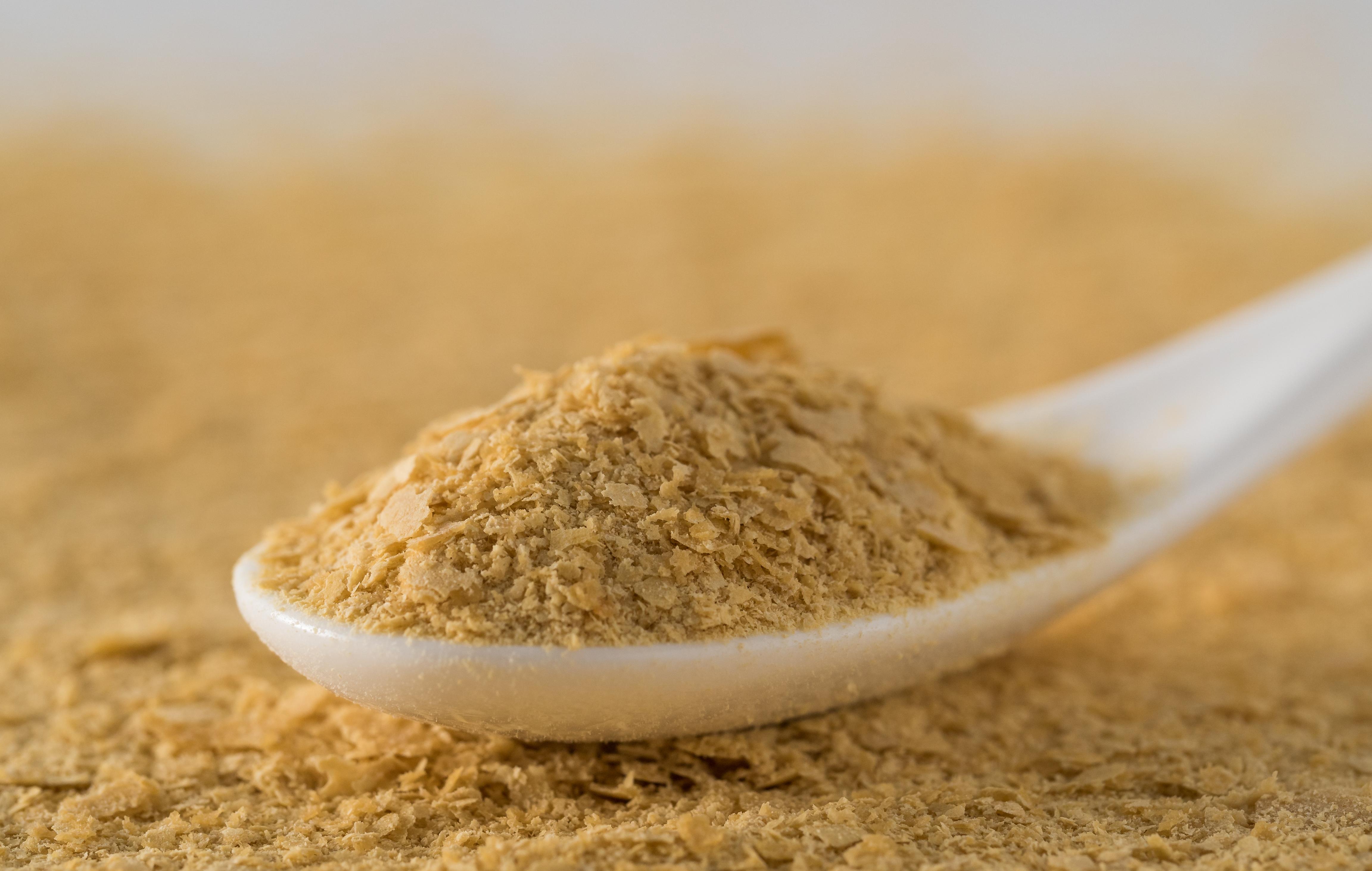
Brewer's yeast, often overlooked in favor of trendy supplements, is a potent, accessible food source of Niacin (Vitamin B3). While high-dose Niacin is a prescription intervention for lipids, a functional food dose helps gently nudge cholesterol profiles. Niacin works primarily in the liver to both reduce the production of LDL (bad cholesterol) and triglycerides while simultaneously helping to raise beneficial HDL. This powerful, two-way action is uncommon in food sources. Adding a tablespoon of unfortified Brewer's yeast flakes (often marketed as nutritional yeast) to savory dishes, popcorn, or soups provides a cheesy, umami flavor and a daily dose of this powerful B-vitamin that supports efficient liver fat metabolism.
61. Purple Sweet Potatoes: The Acylated Anthocyanin Advantage

Purple sweet potatoes are a powerful, stealth cholesterol fighter due to their uniquely structured acylated anthocyanins. While all purple produce contains anthocyanins (antioxidants), the acylated form found here is far more stable in the gut. This structure allows the antioxidants to reach the large intestine and actively inhibit the reabsorption of cholesterol and bile acids, acting as a secondary fiber in the lower digestive tract. Studies show these compounds can significantly reduce inflammation and prevent the oxidation of LDL ("bad") cholesterol—stopping it from becoming plaque-forming. Roast them, mash them, or bake them into healthy desserts. Their vibrant color is a simple visual cue that you are fueling your body with a stable, highly potent cardiovascular protector.
Eat Smart, Live Strong: The New Rules of Cholesterol Care

Managing cholesterol doesn’t have to mean bland meals or rigid rules—it starts with smarter, more intentional choices. These under-the-radar superfoods prove that heart health isn’t just about restriction—it’s about discovery. From ancient grains and wild greens to omega-rich seeds and antioxidant-packed roots, each of these foods brings something powerful and practical to the table. They don’t just lower LDL or boost HDL—they nourish your body at the cellular level, supporting circulation, reducing inflammation, and making heart-smart eating something you want to do.
